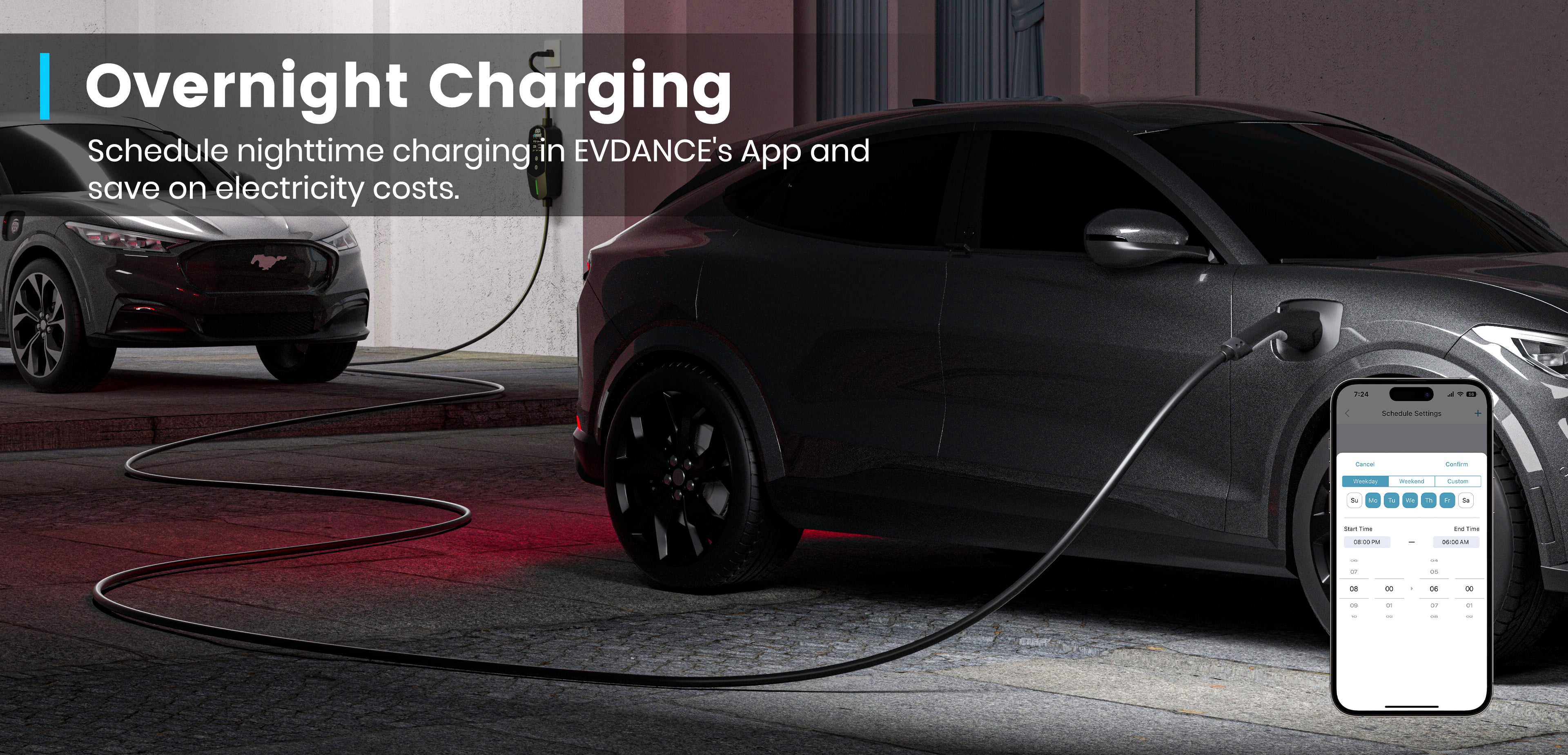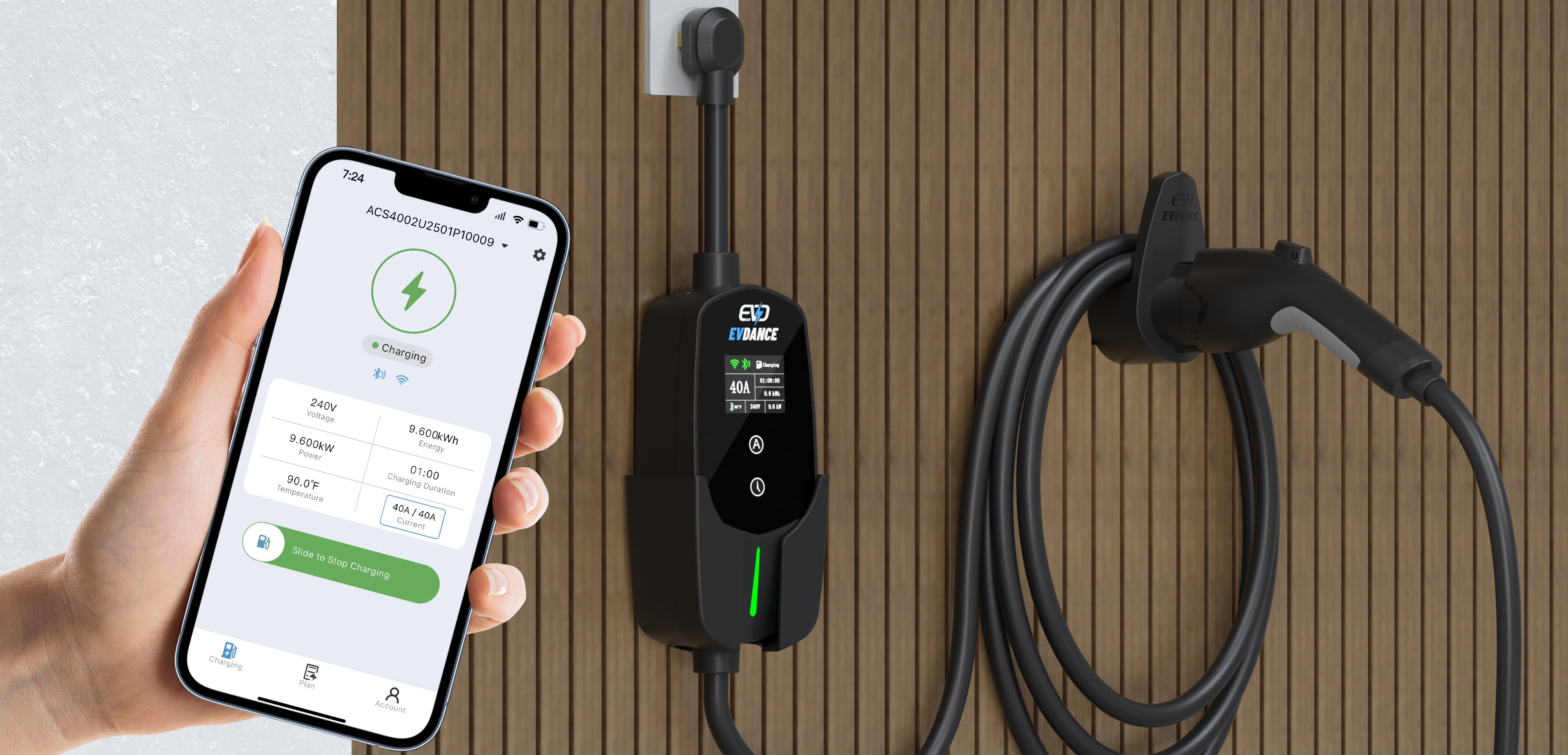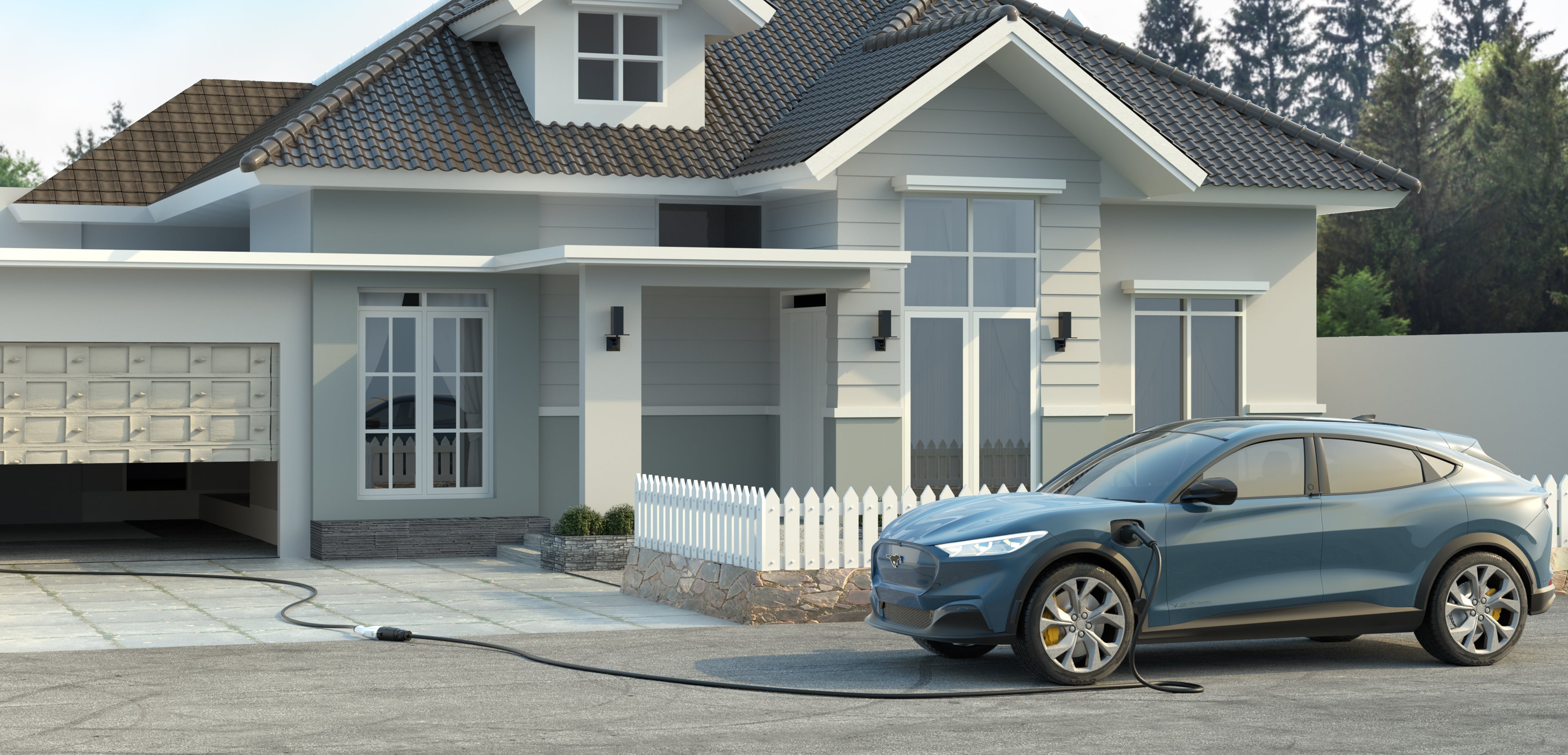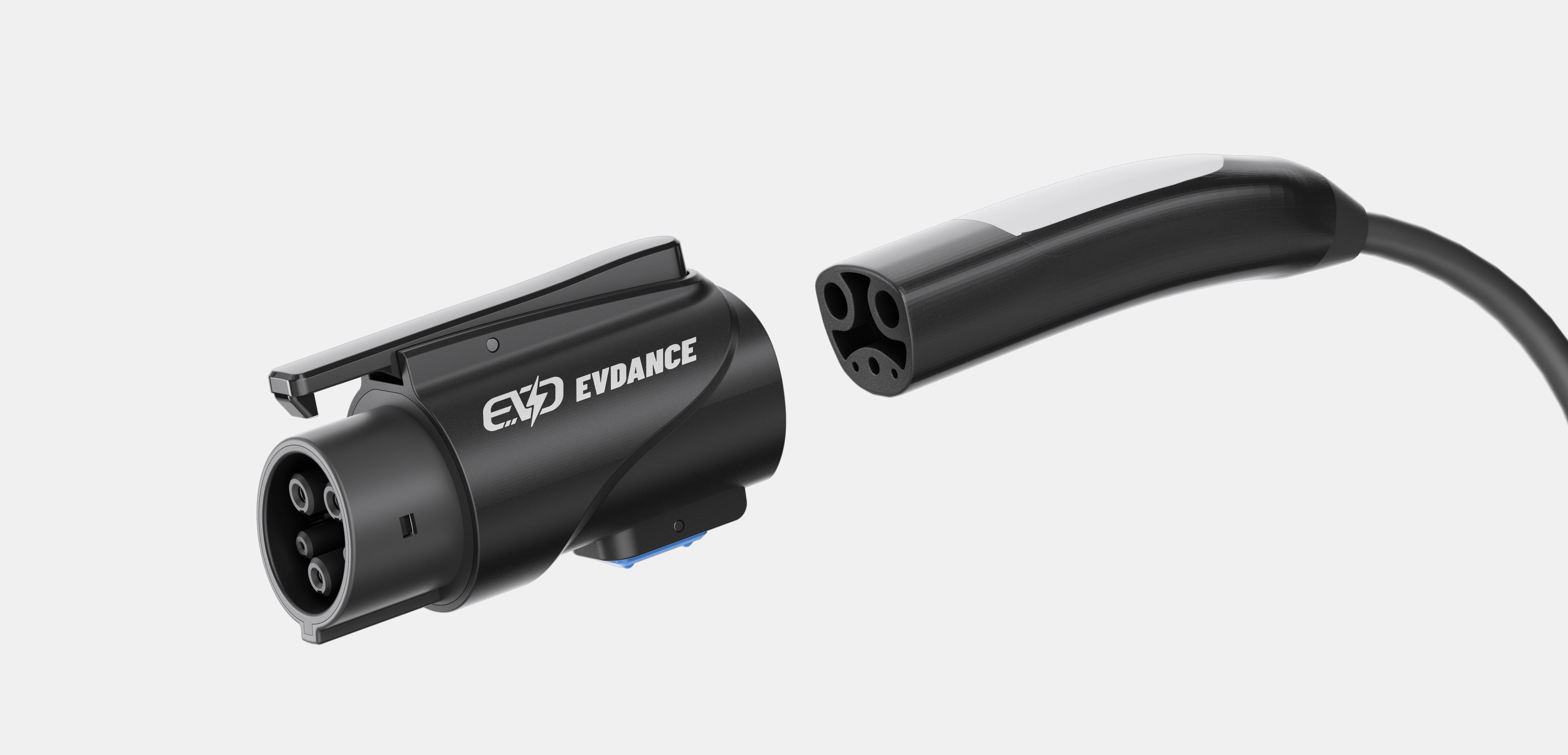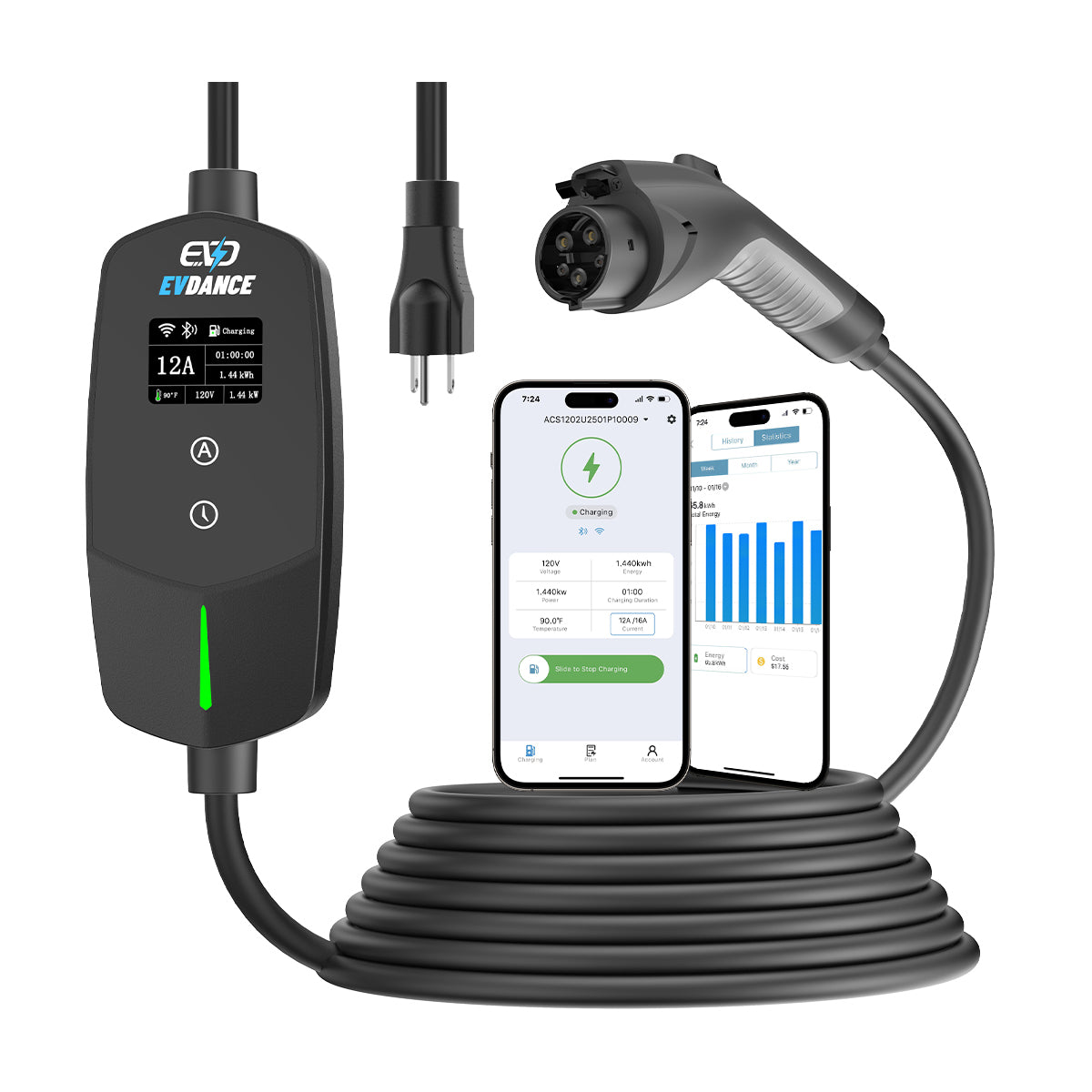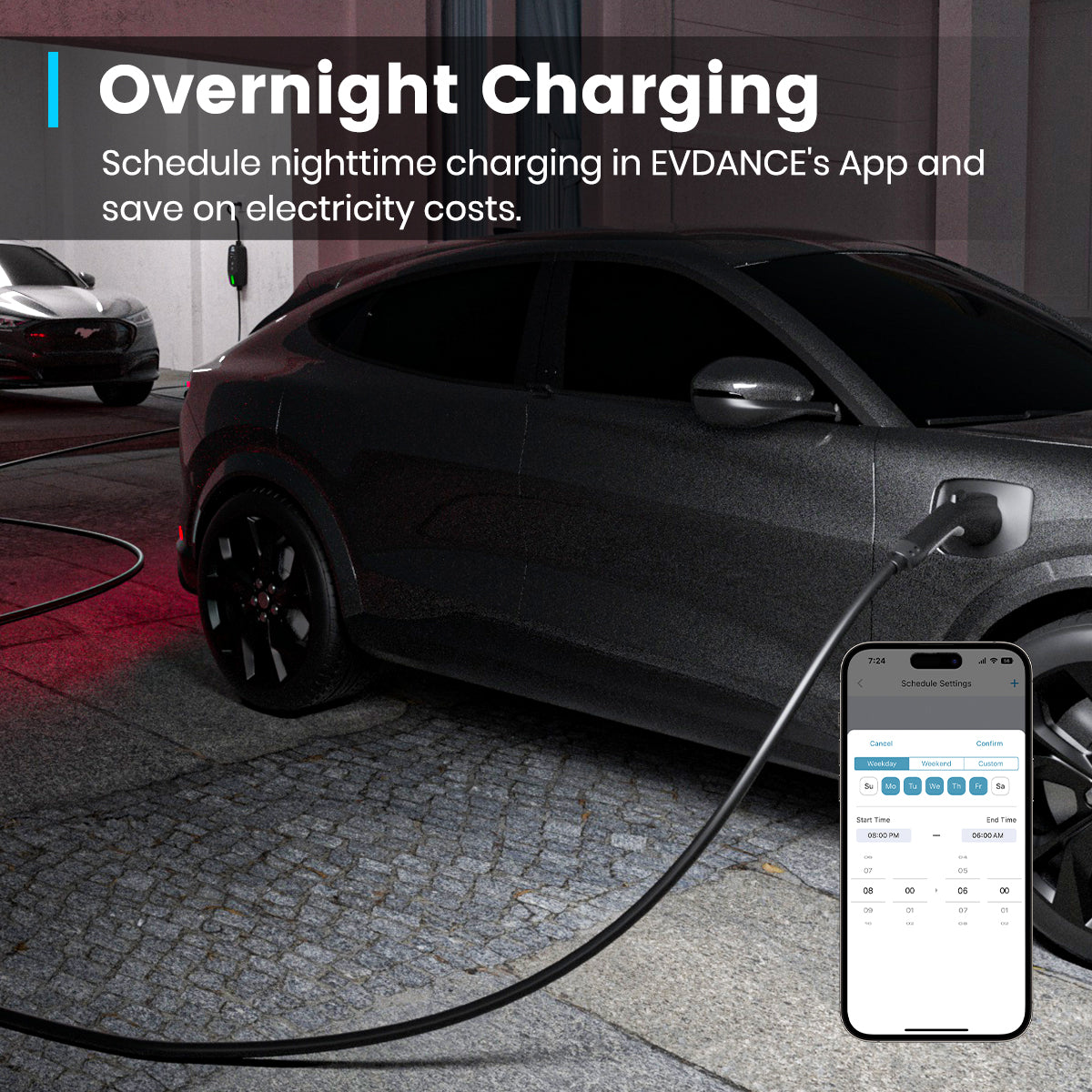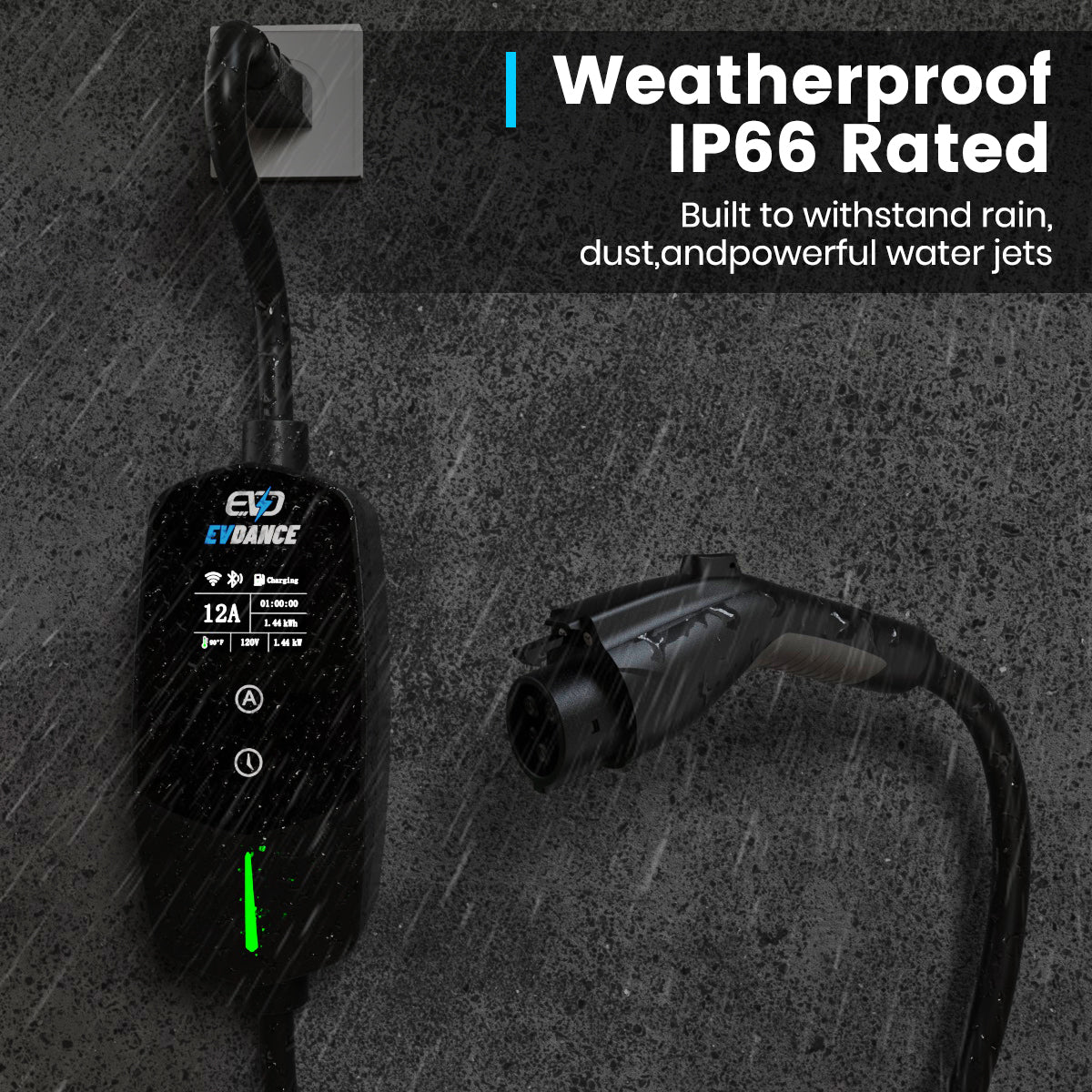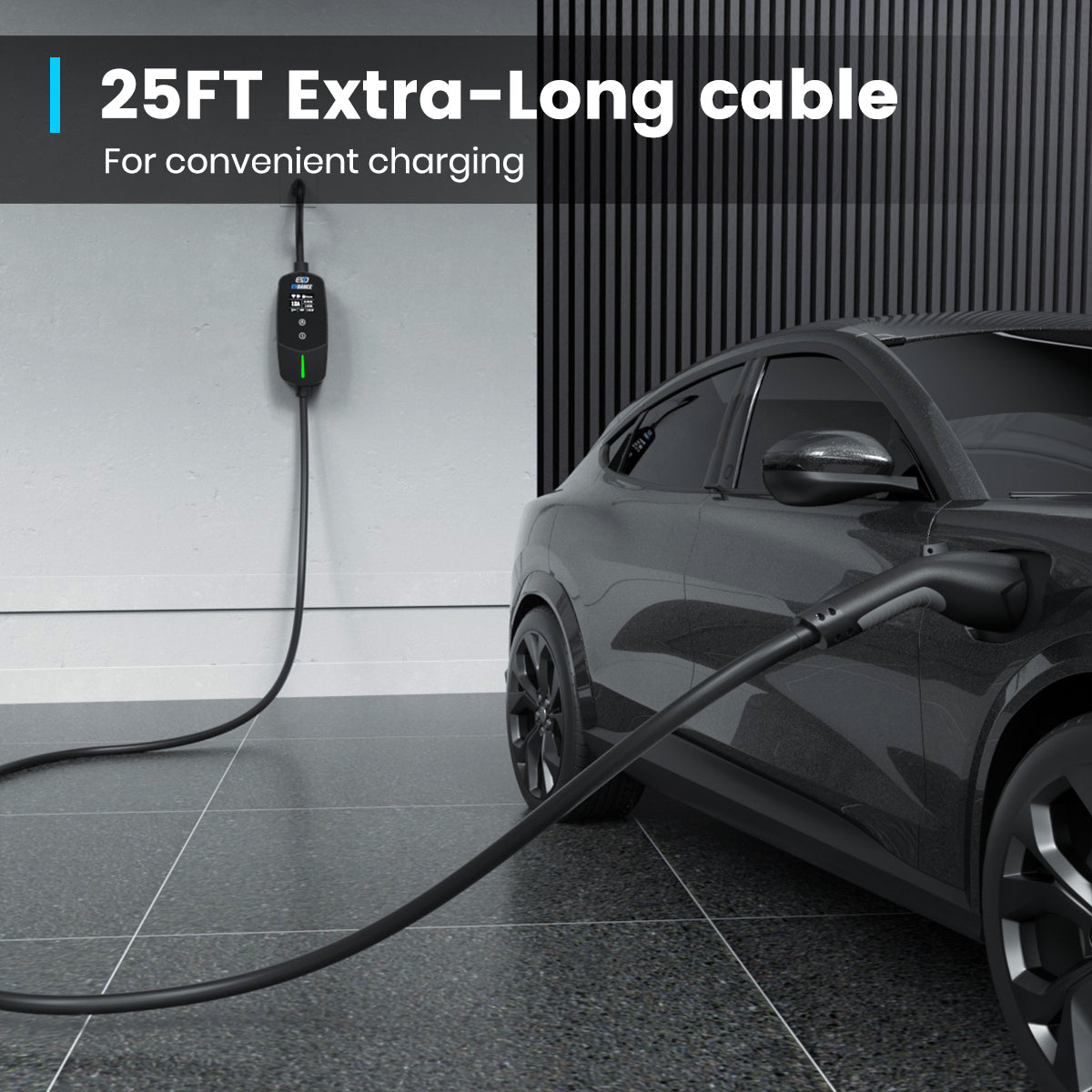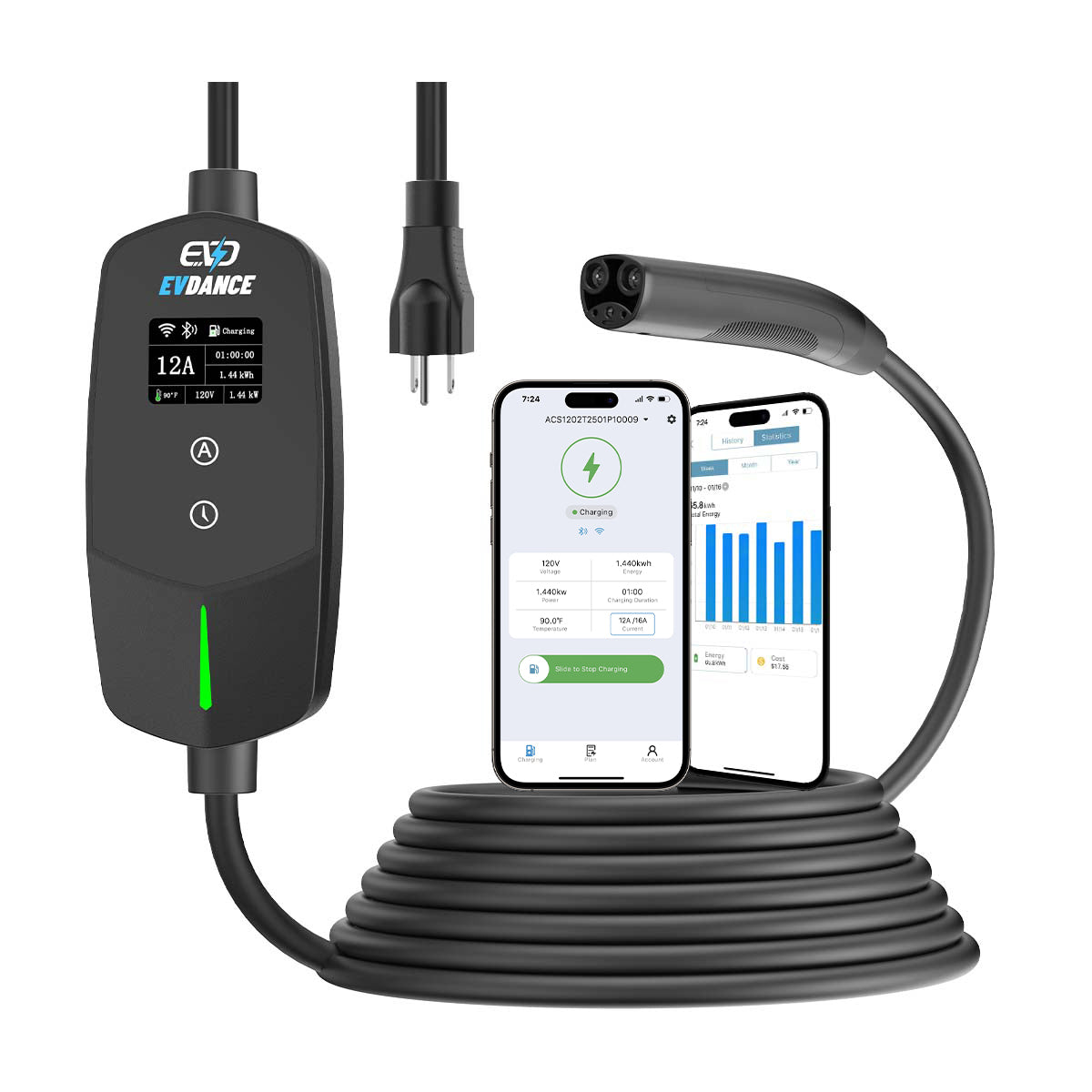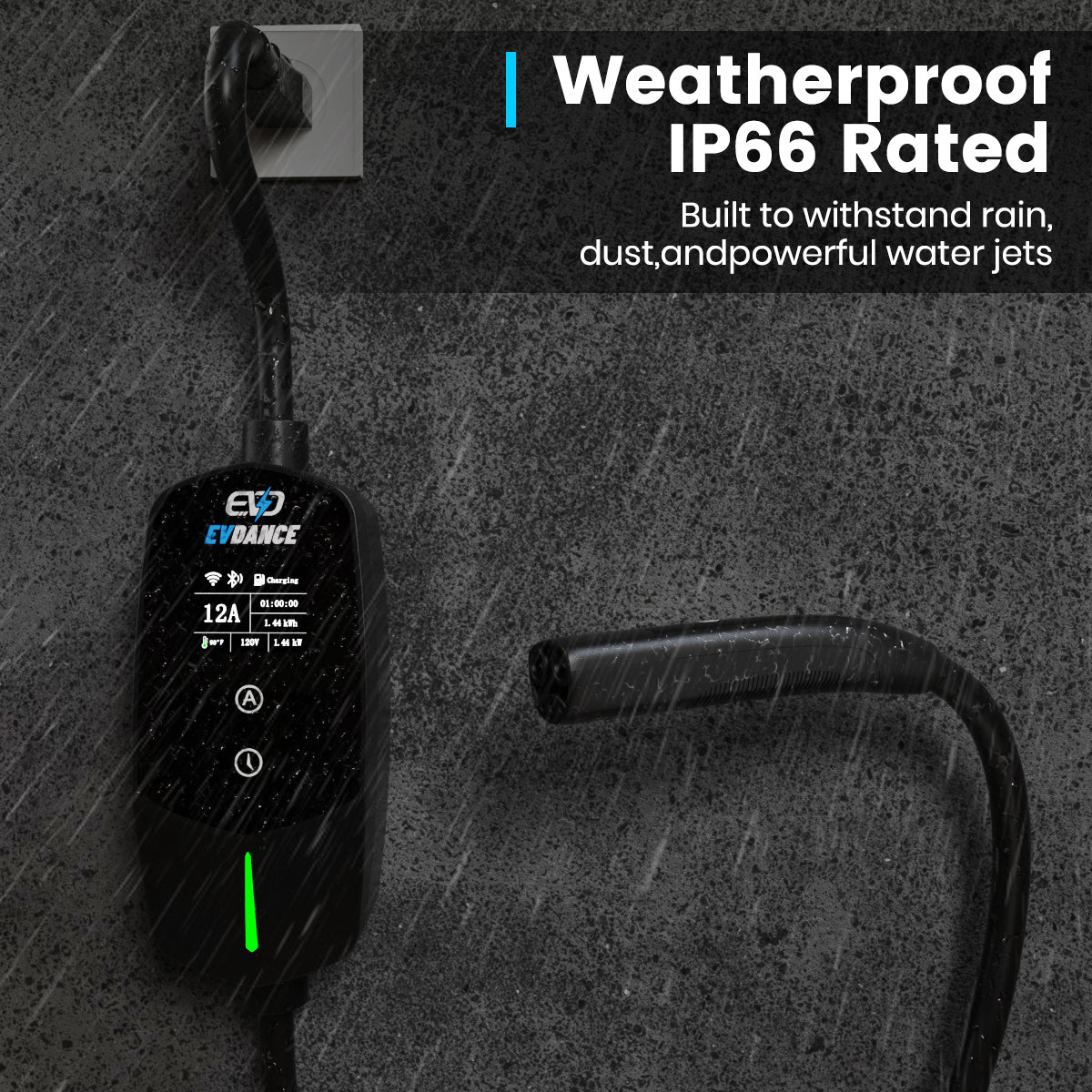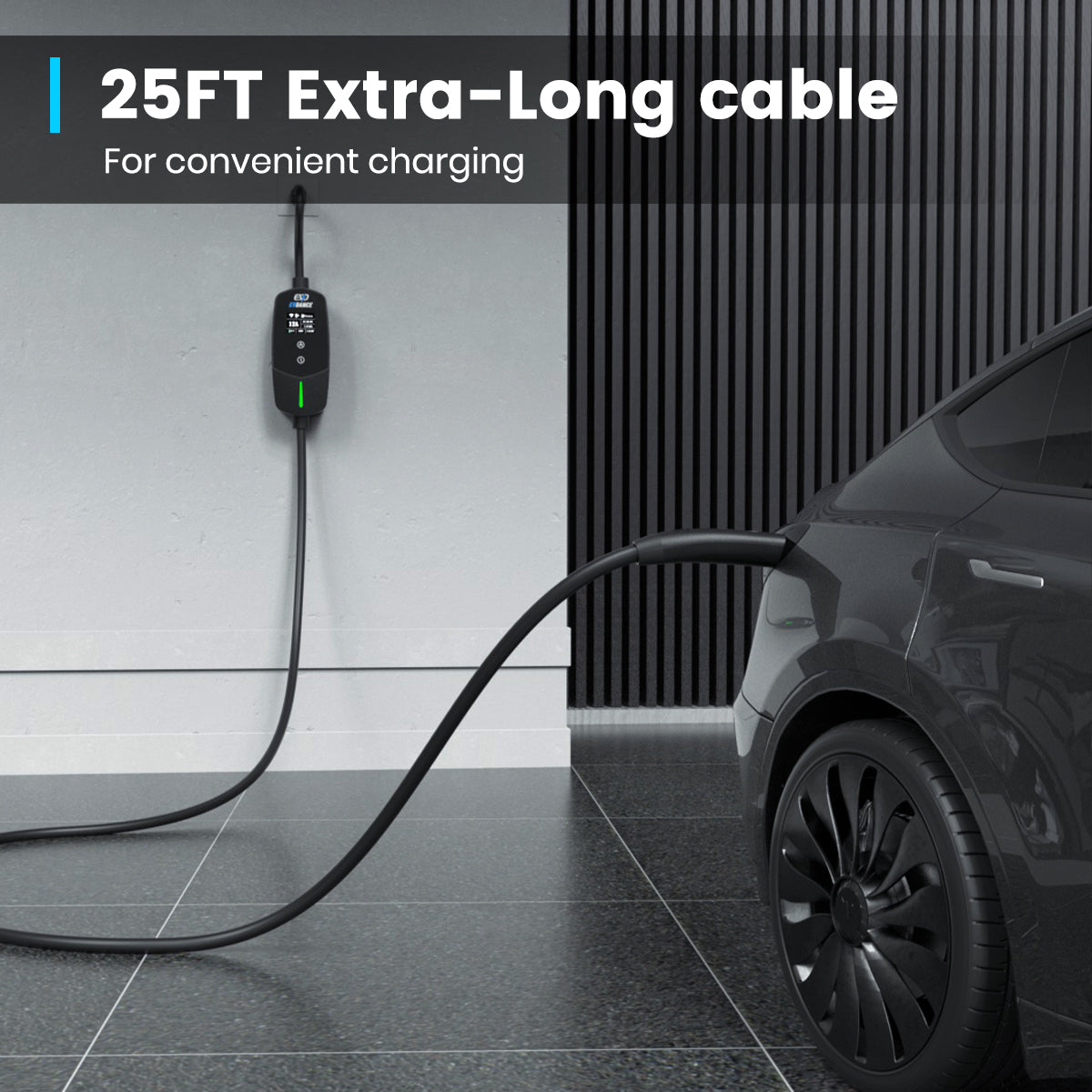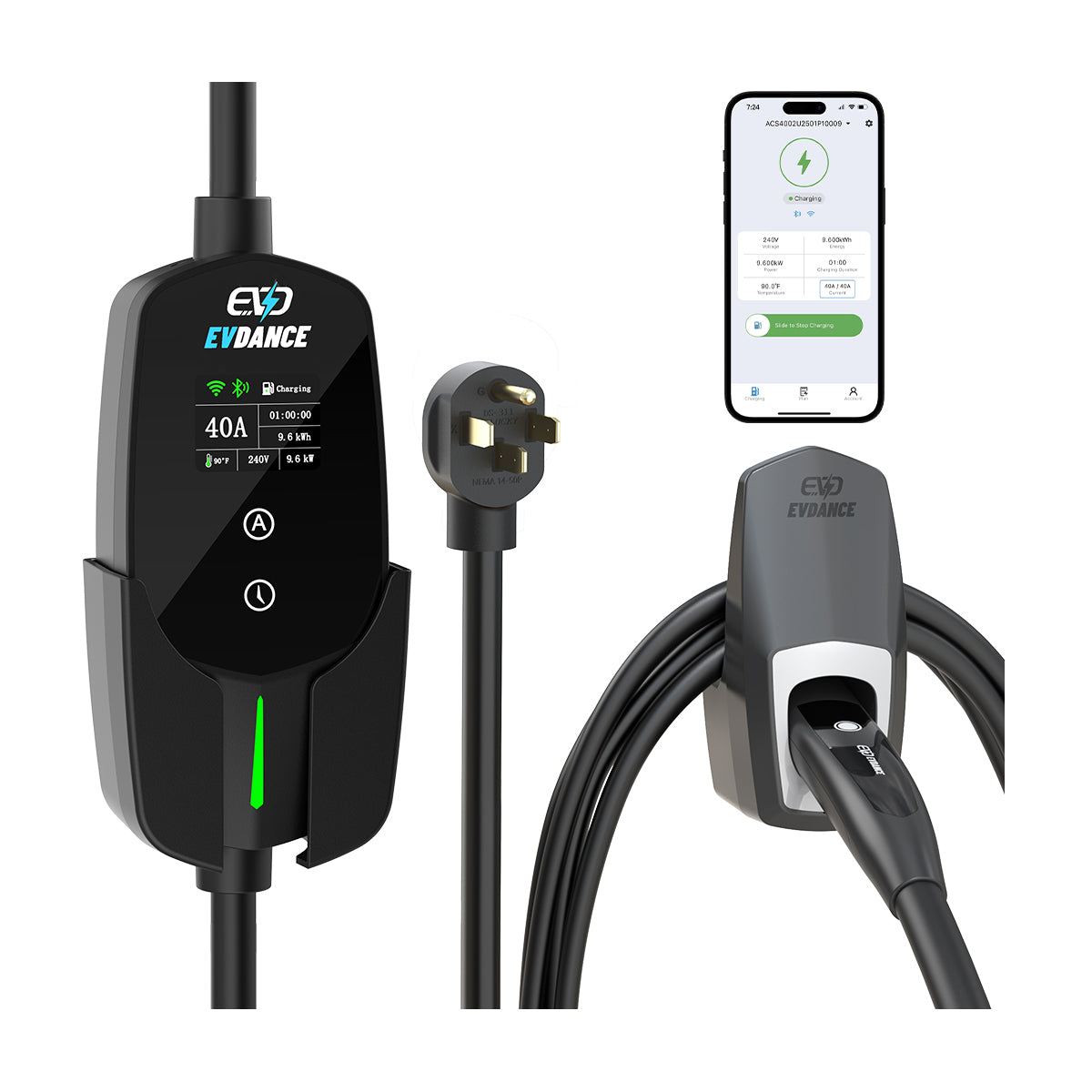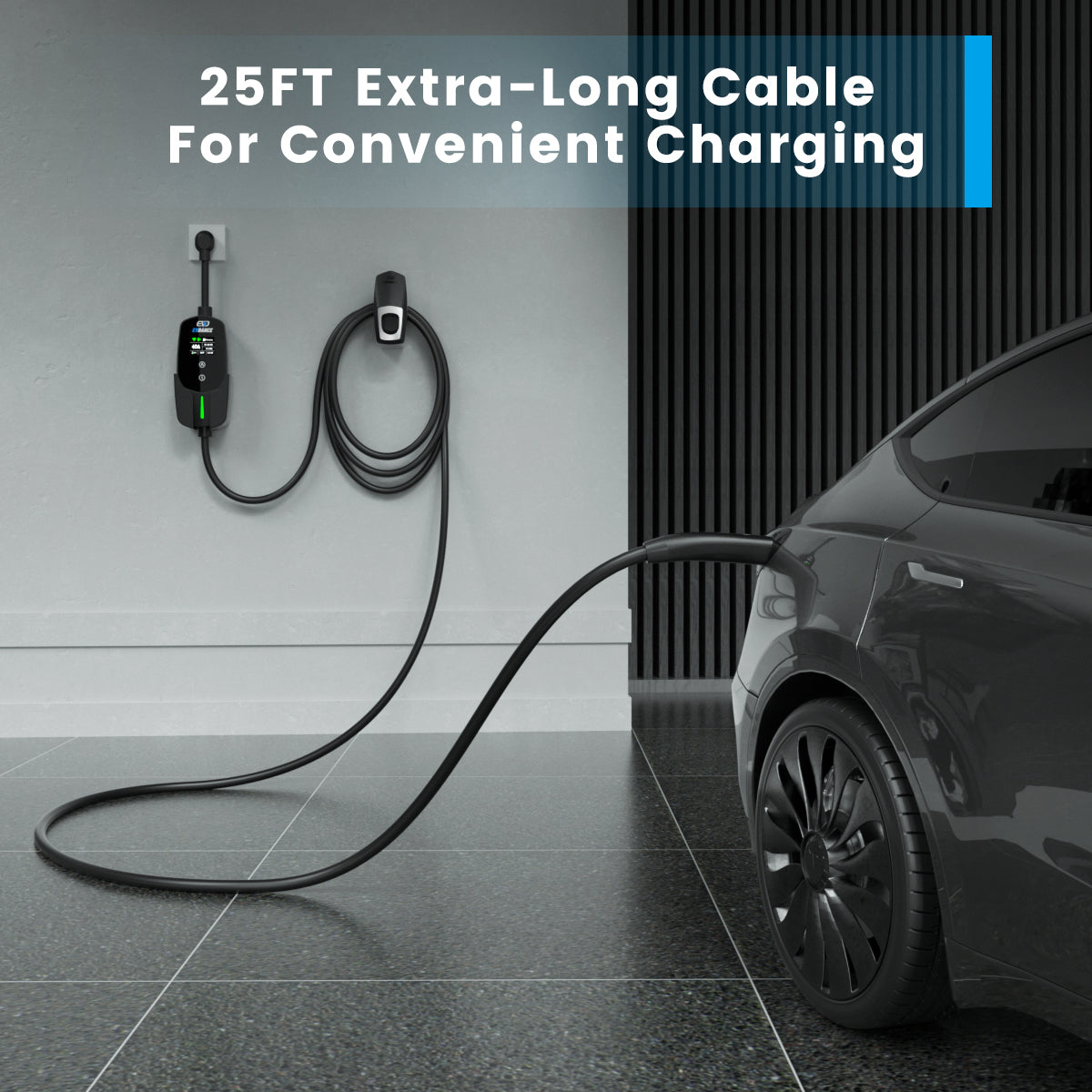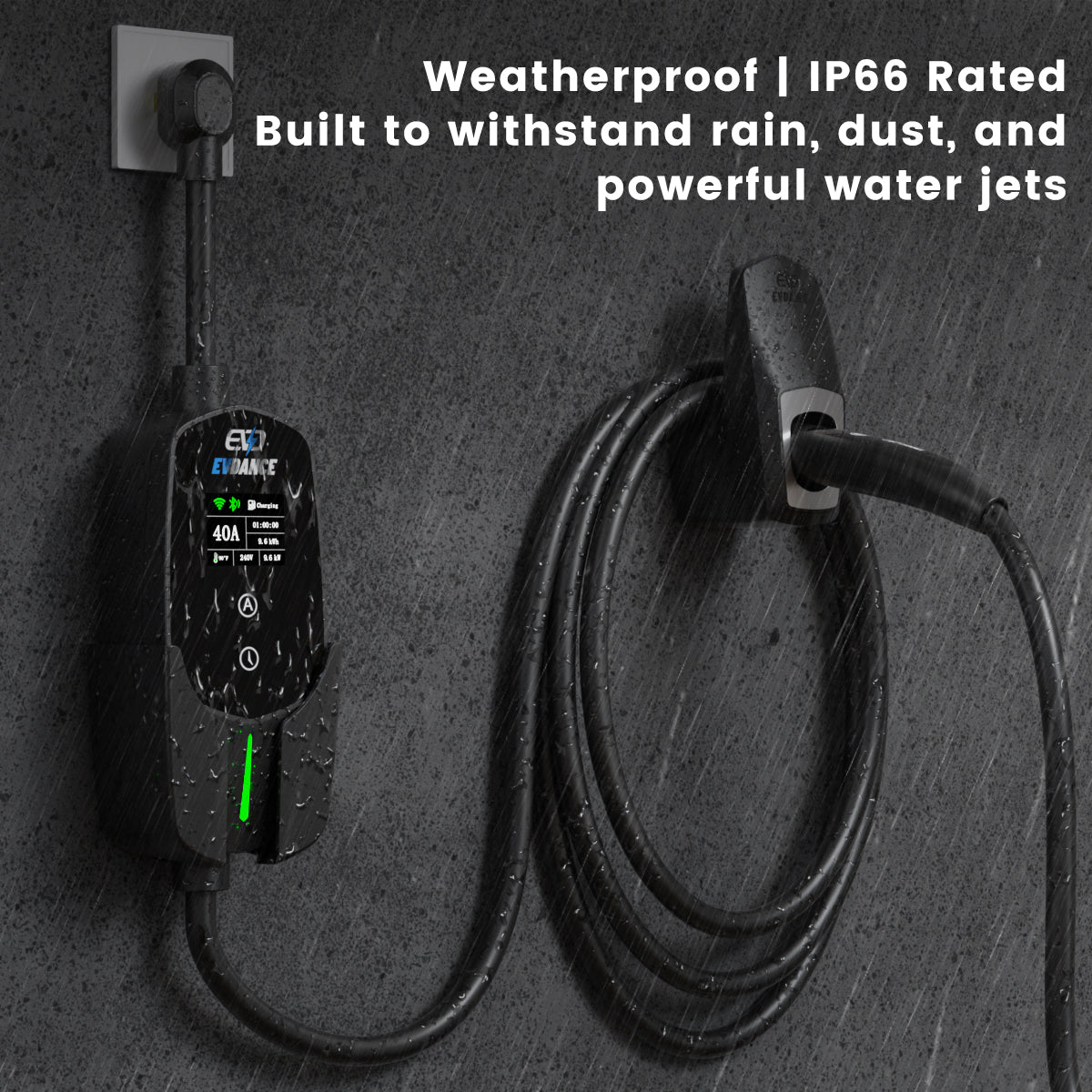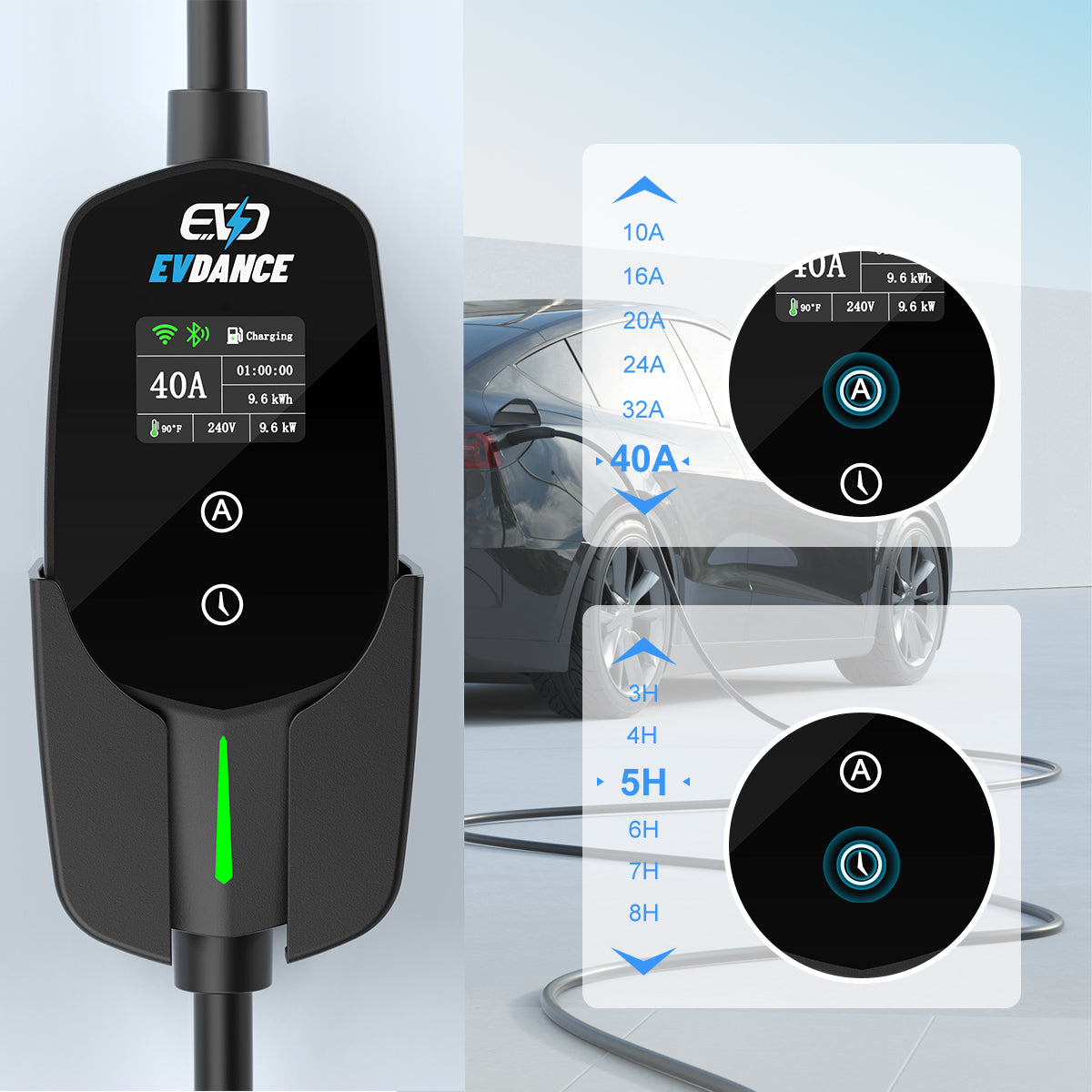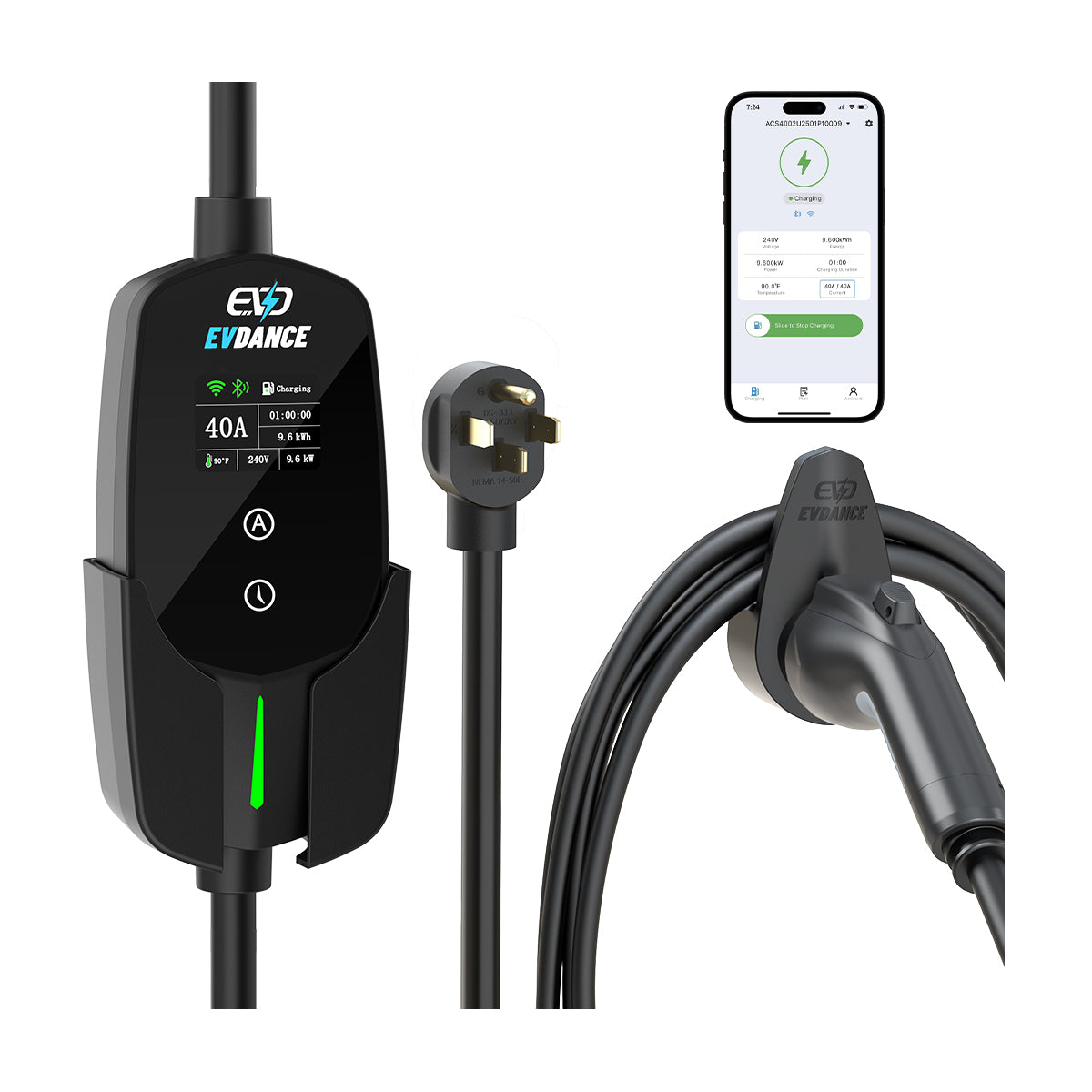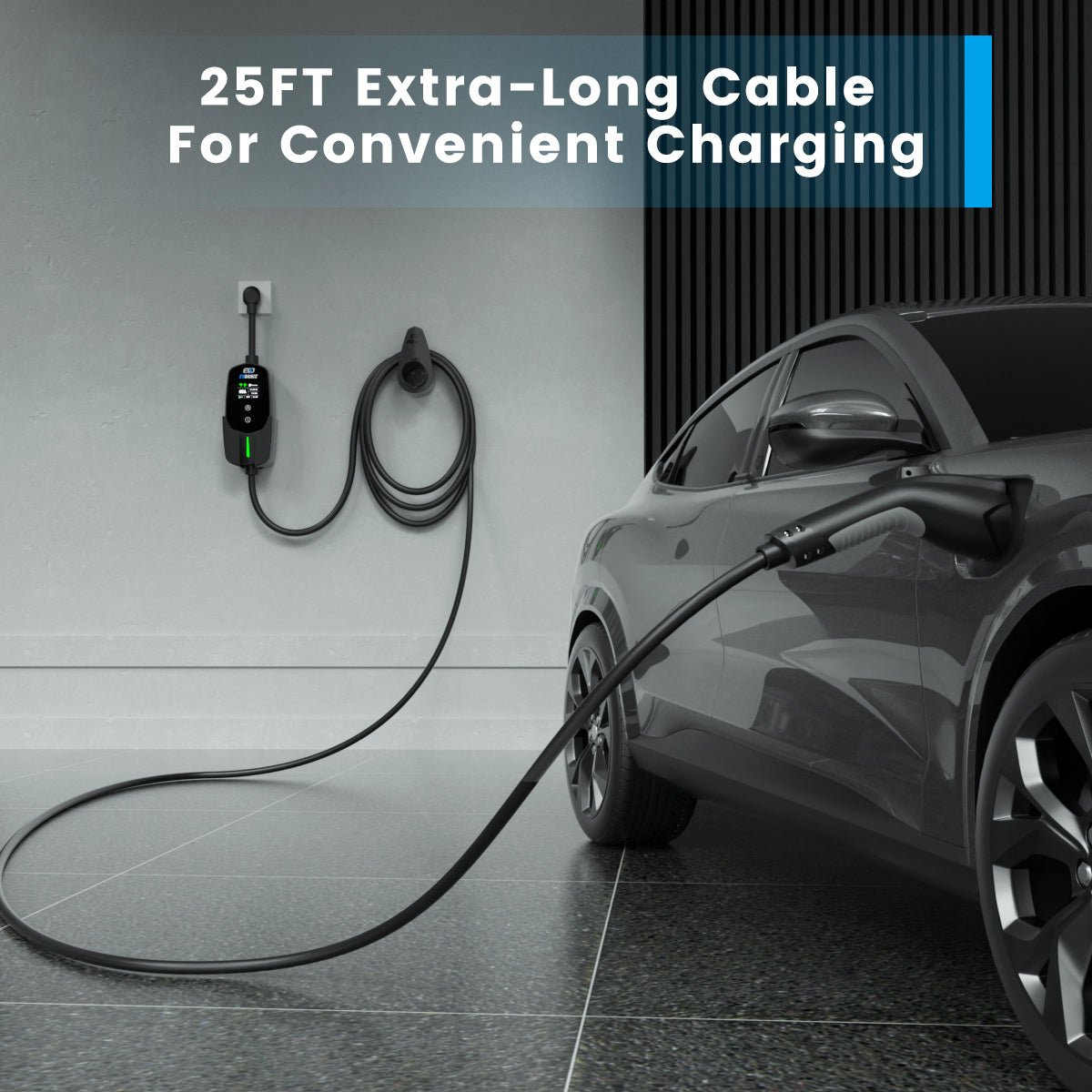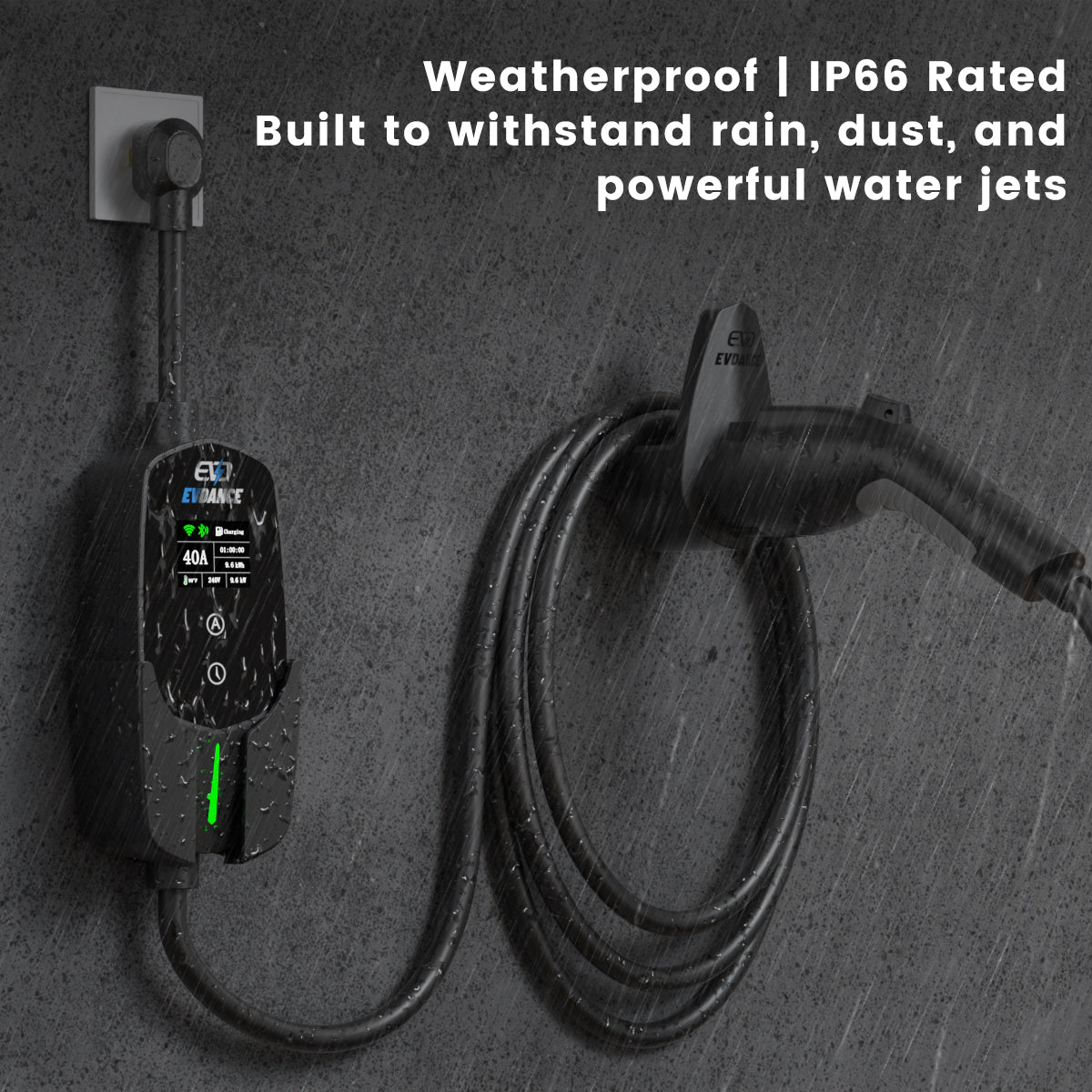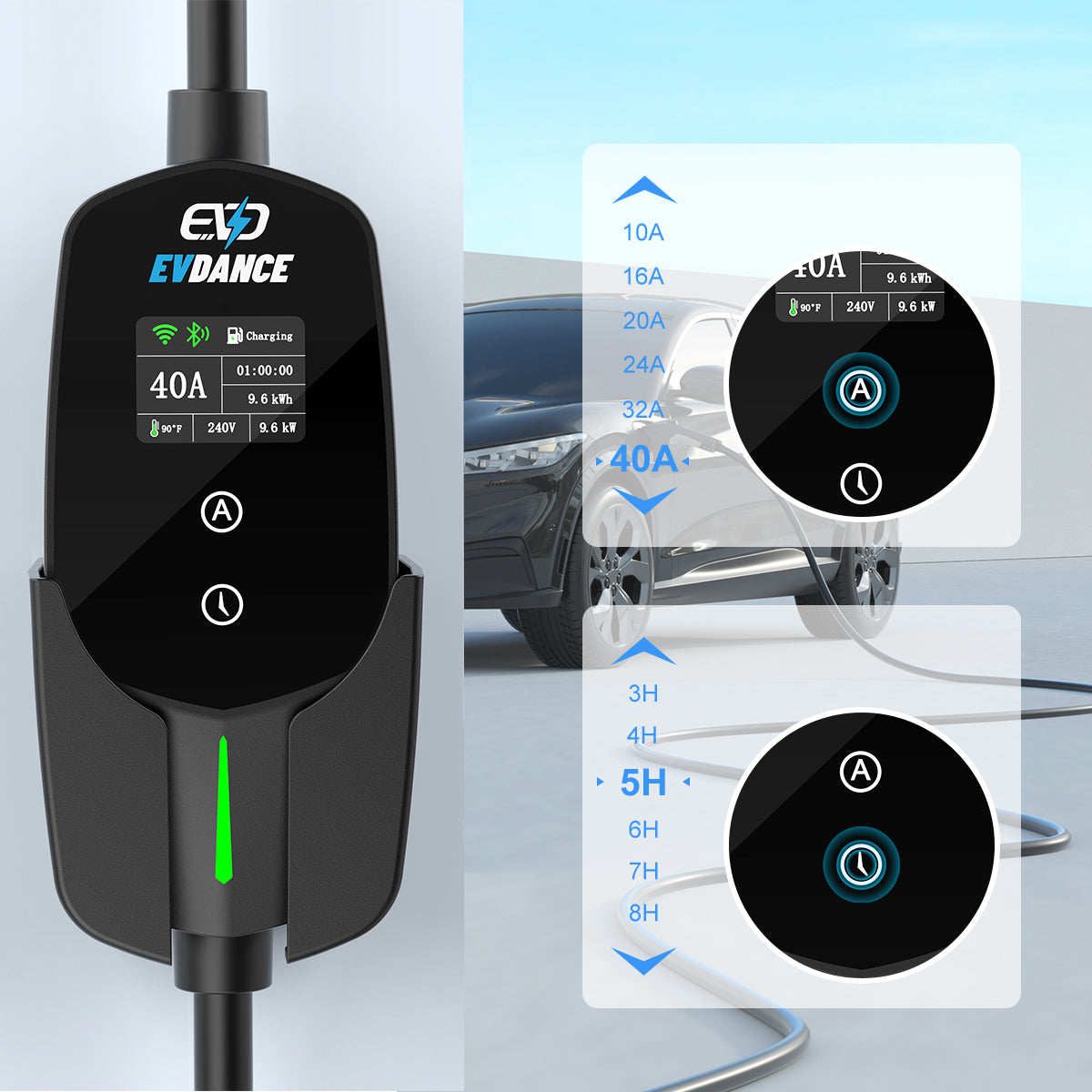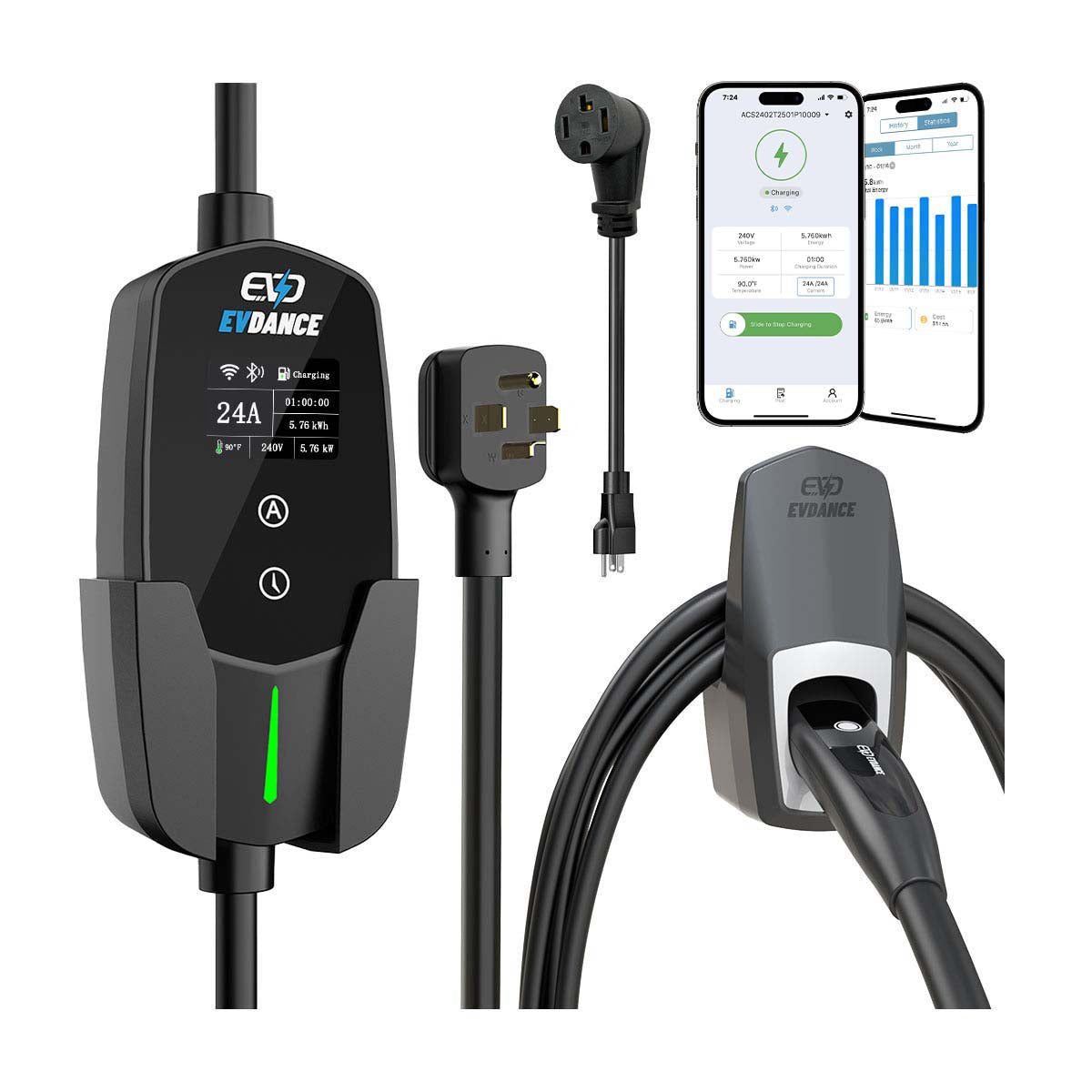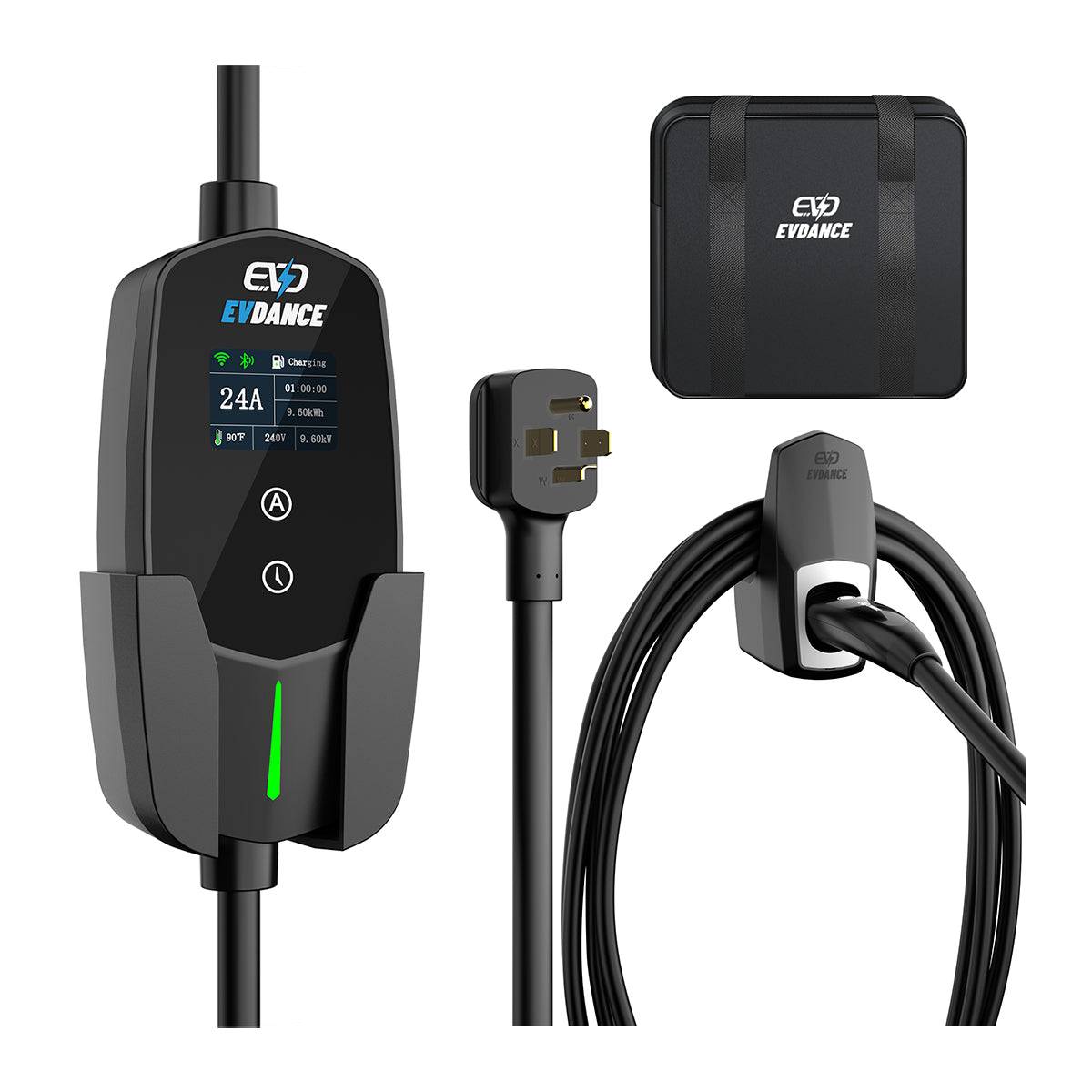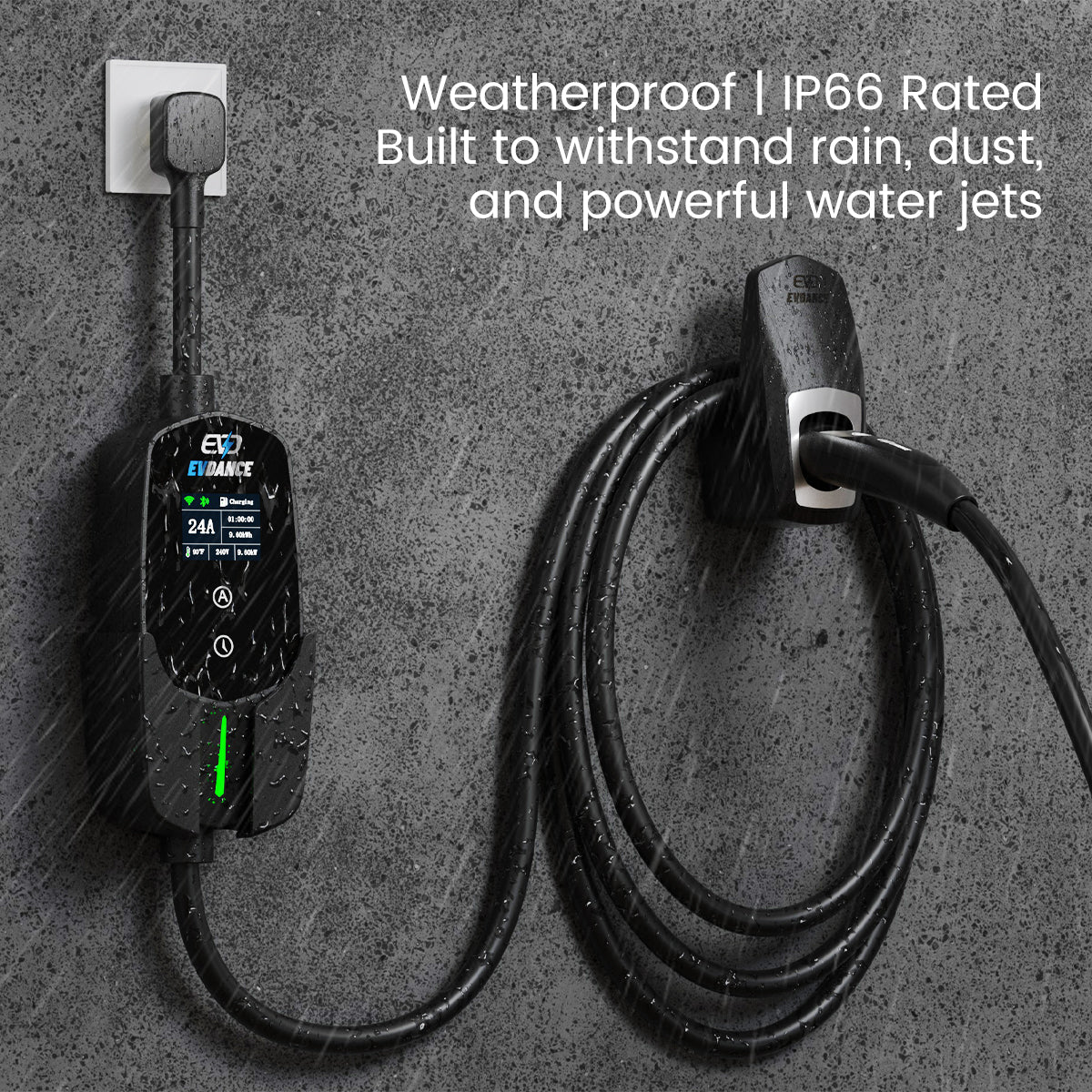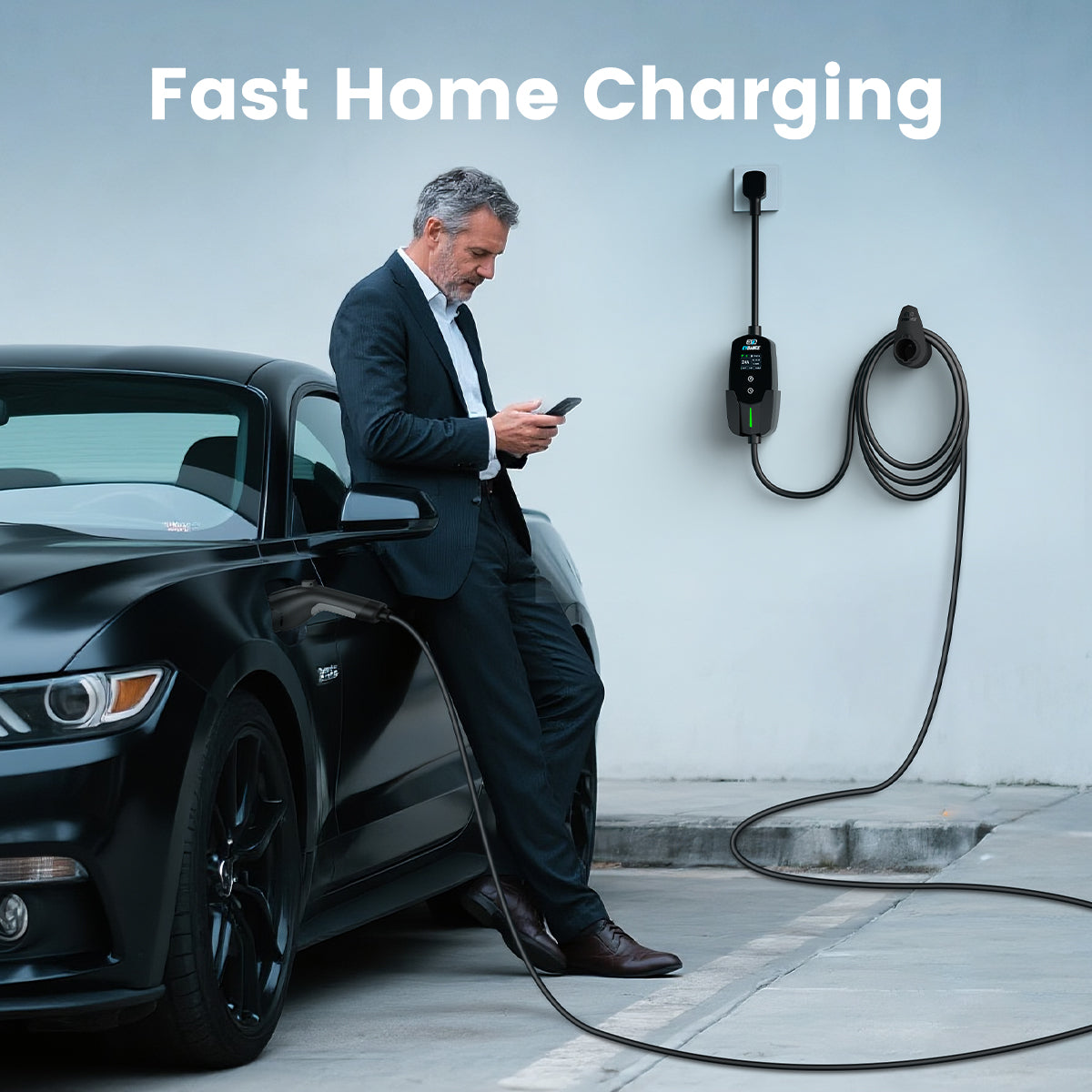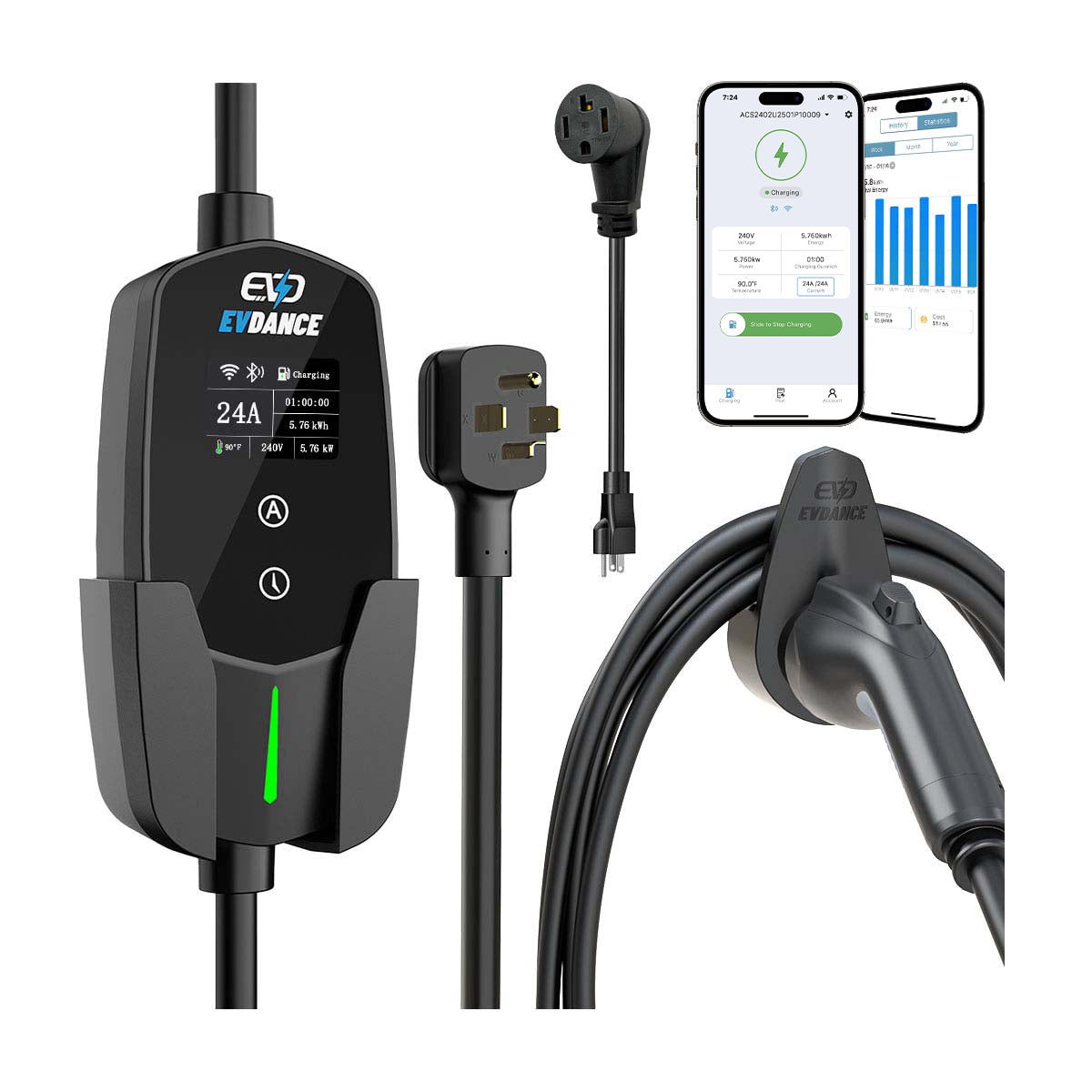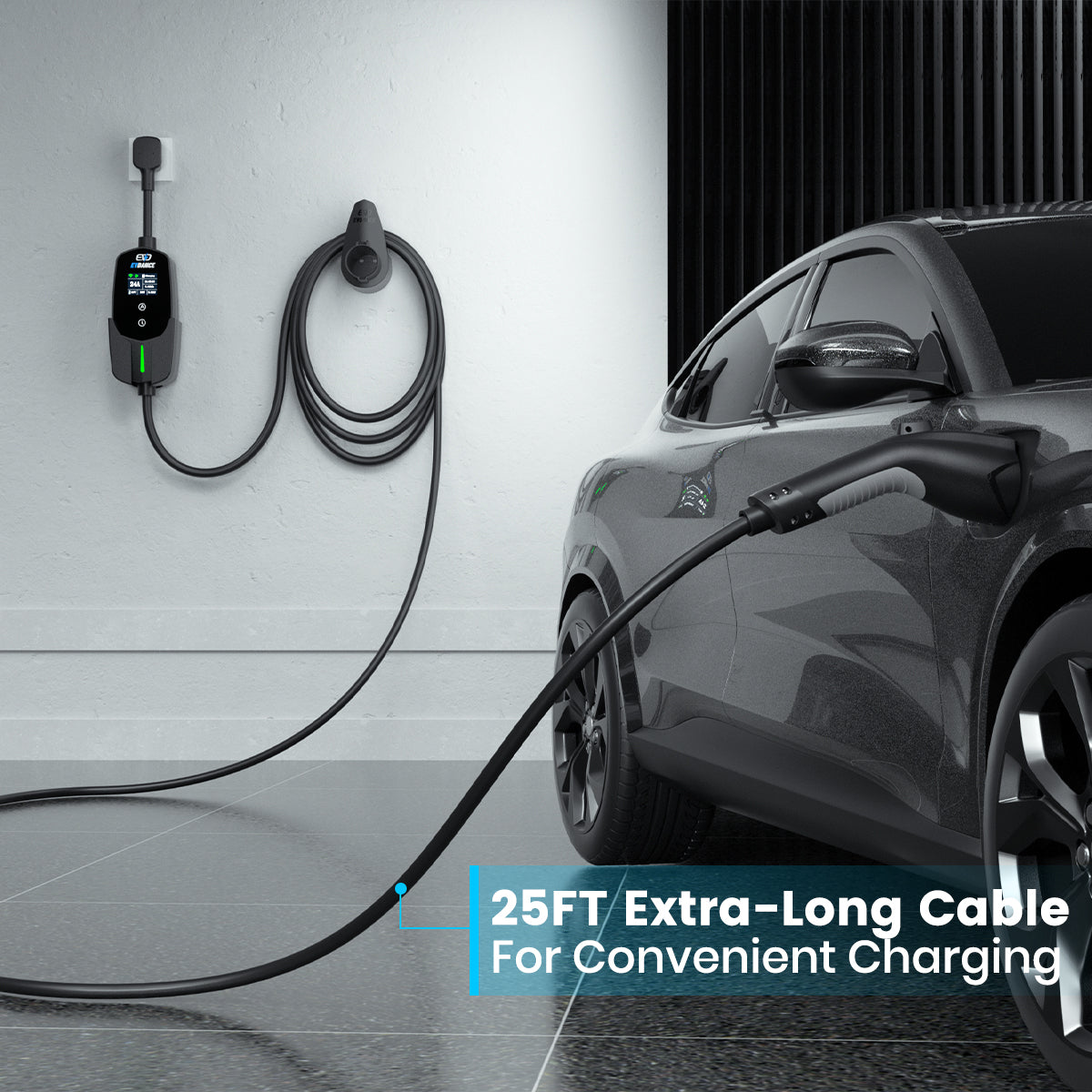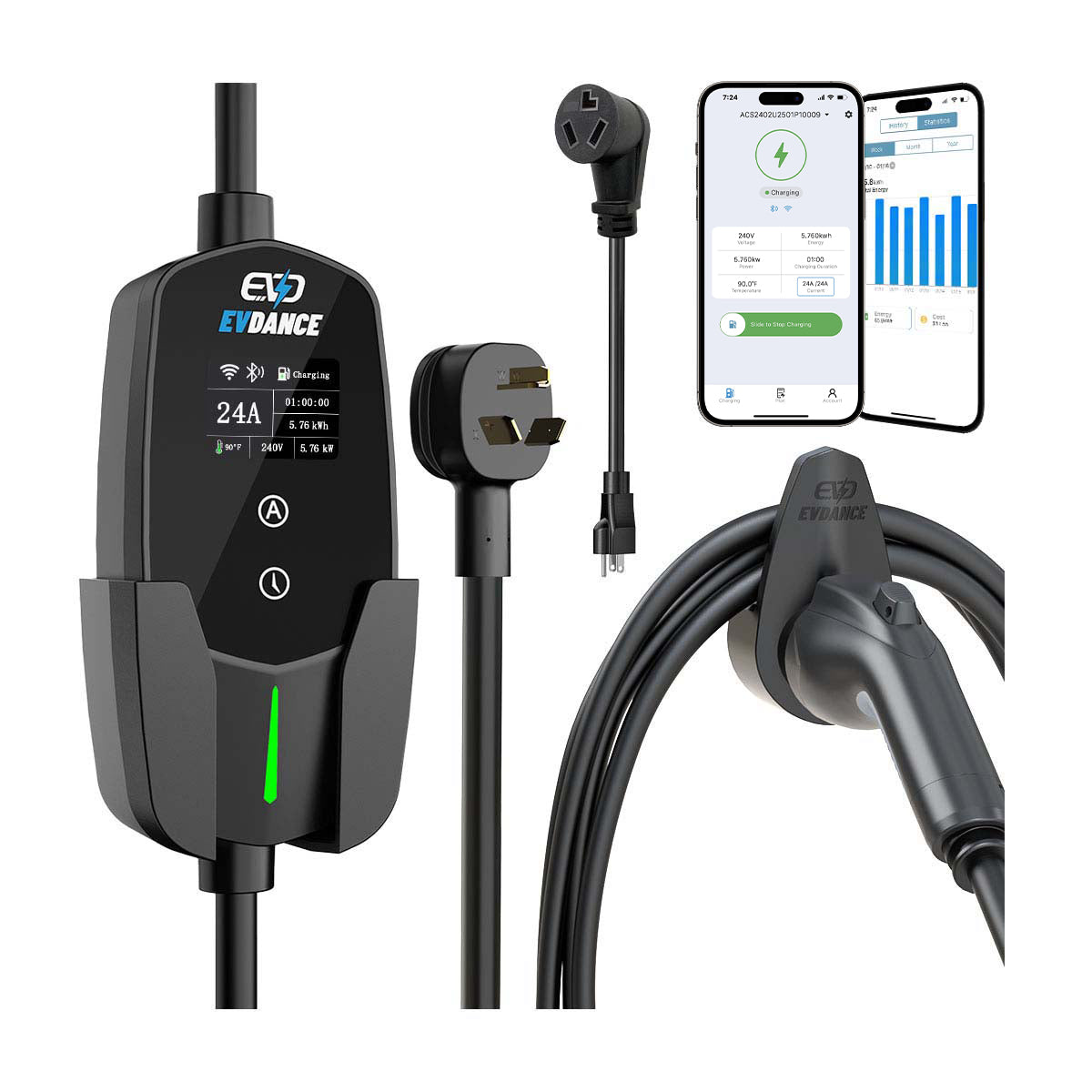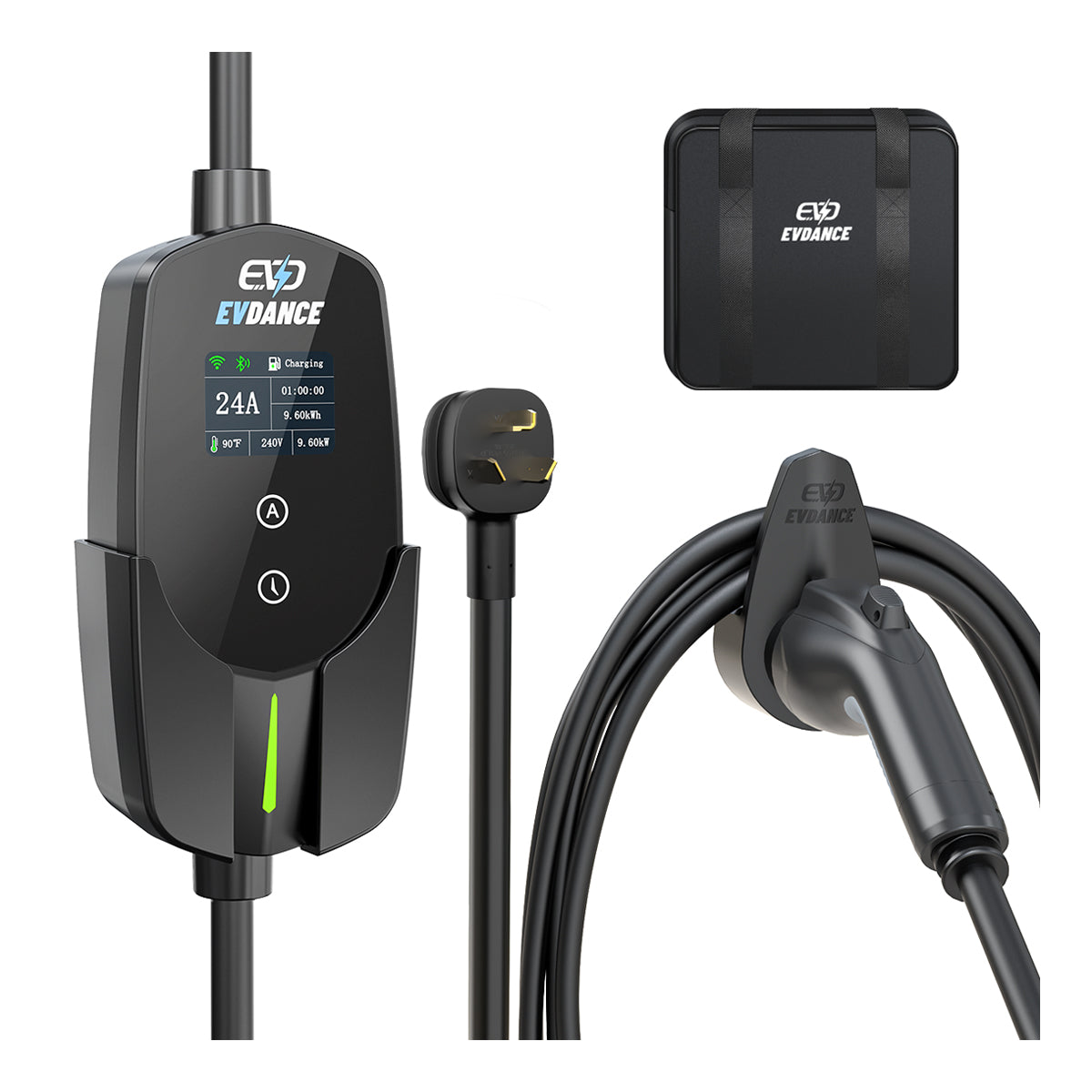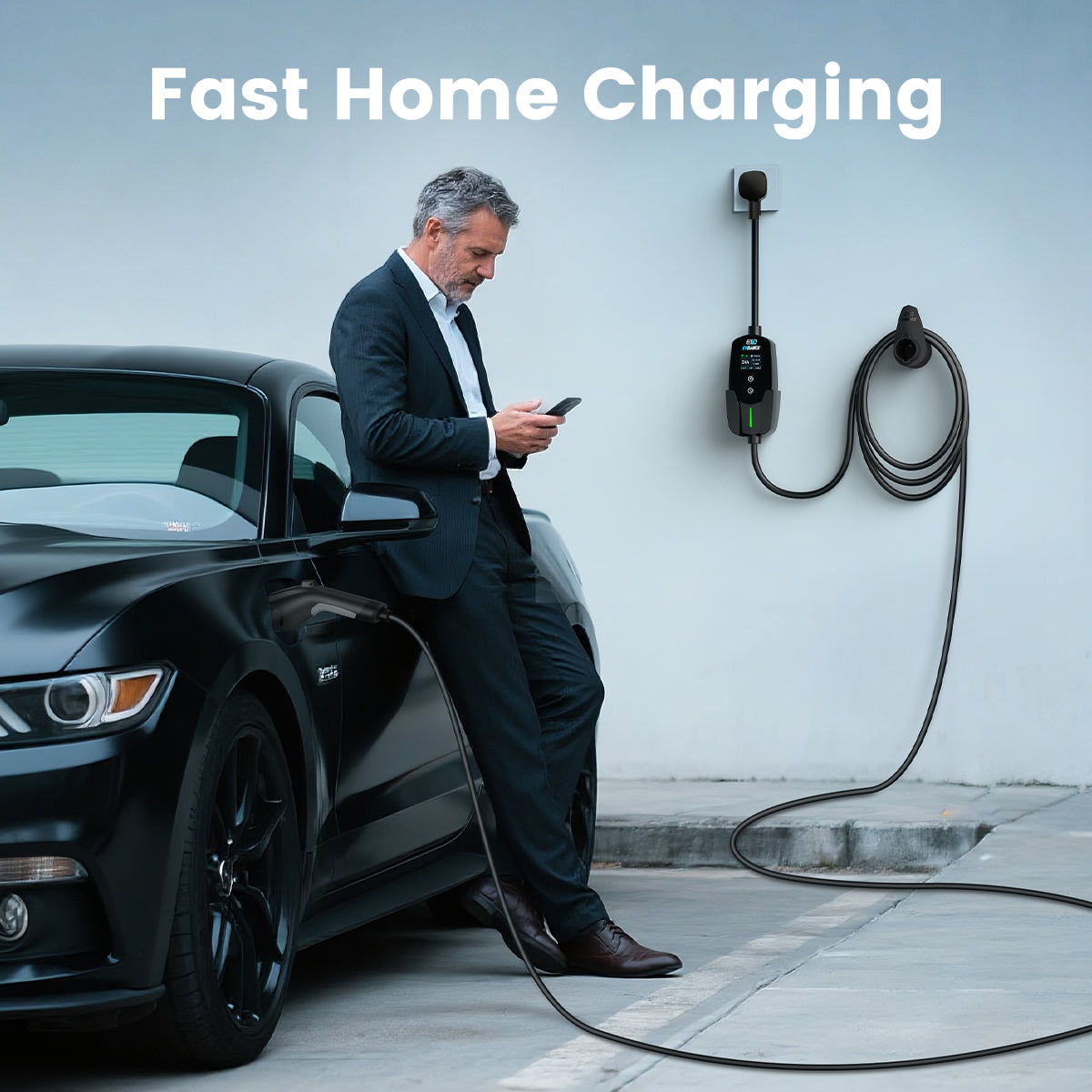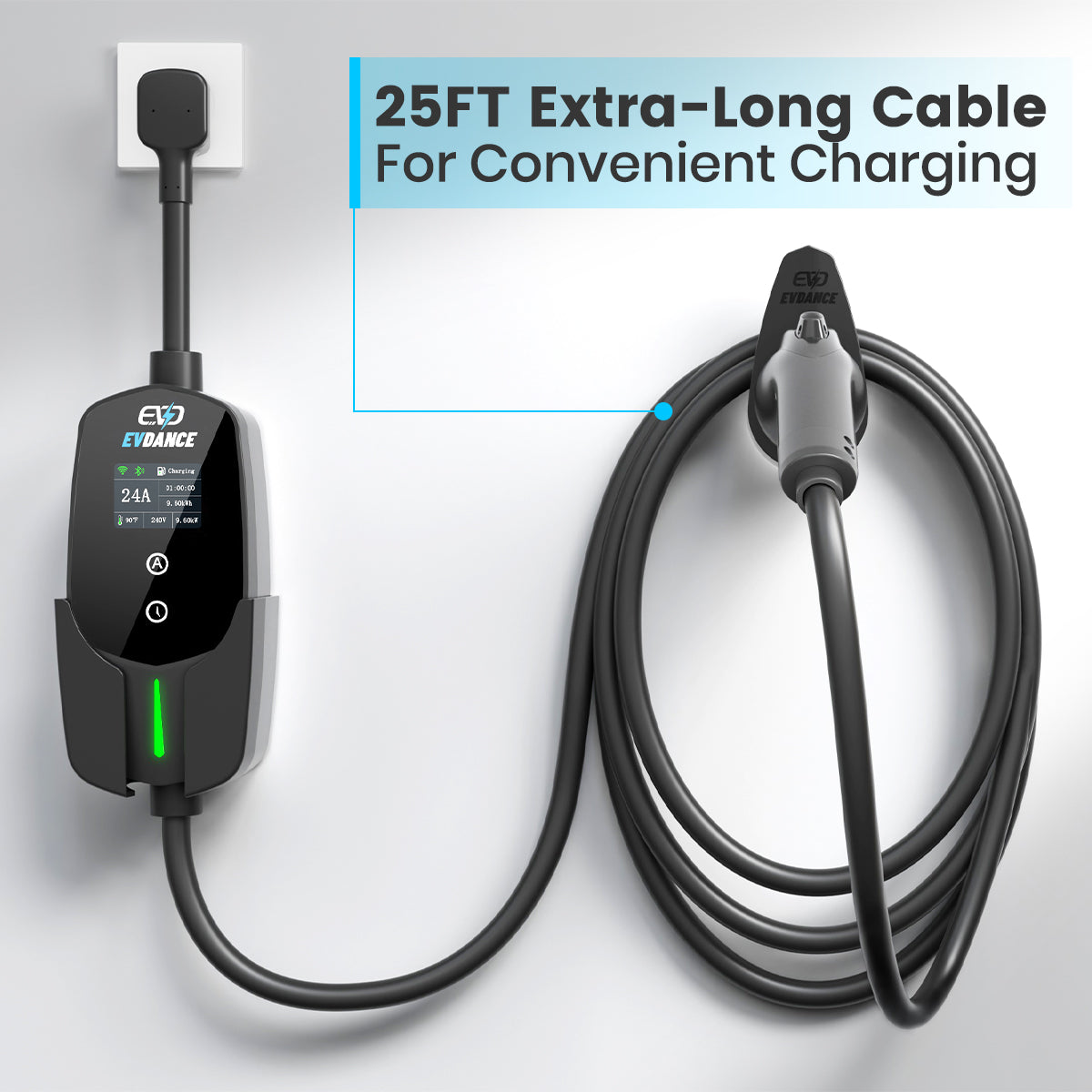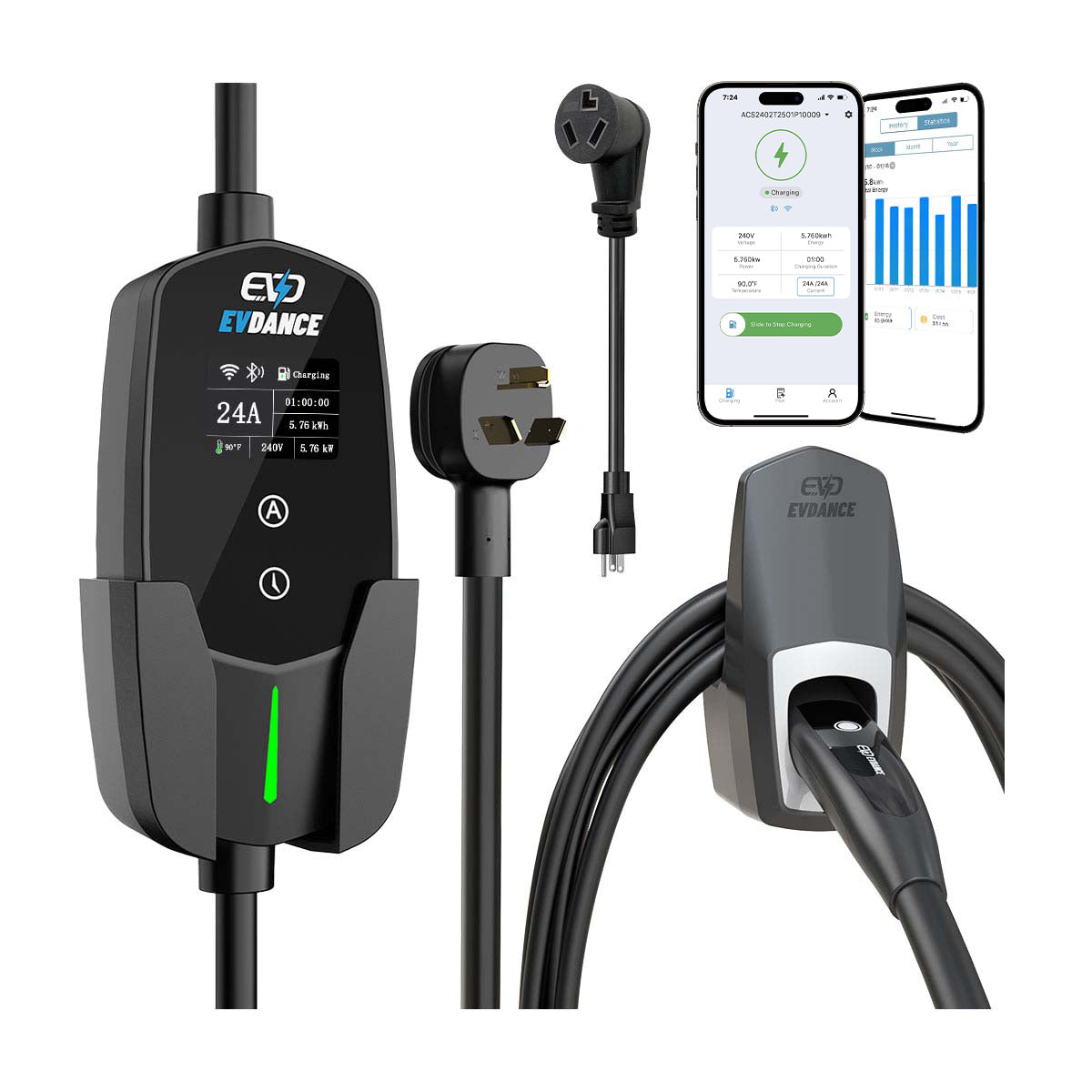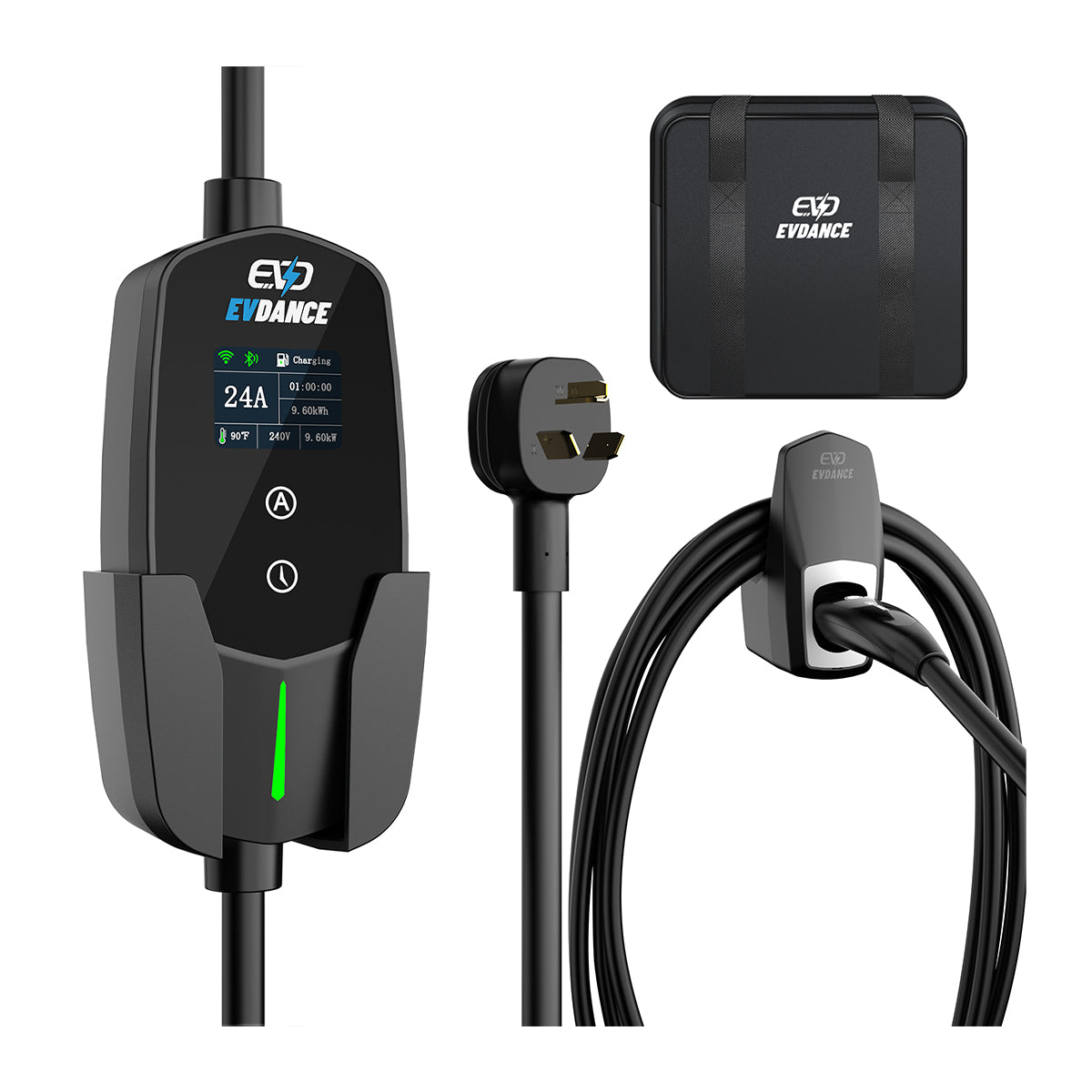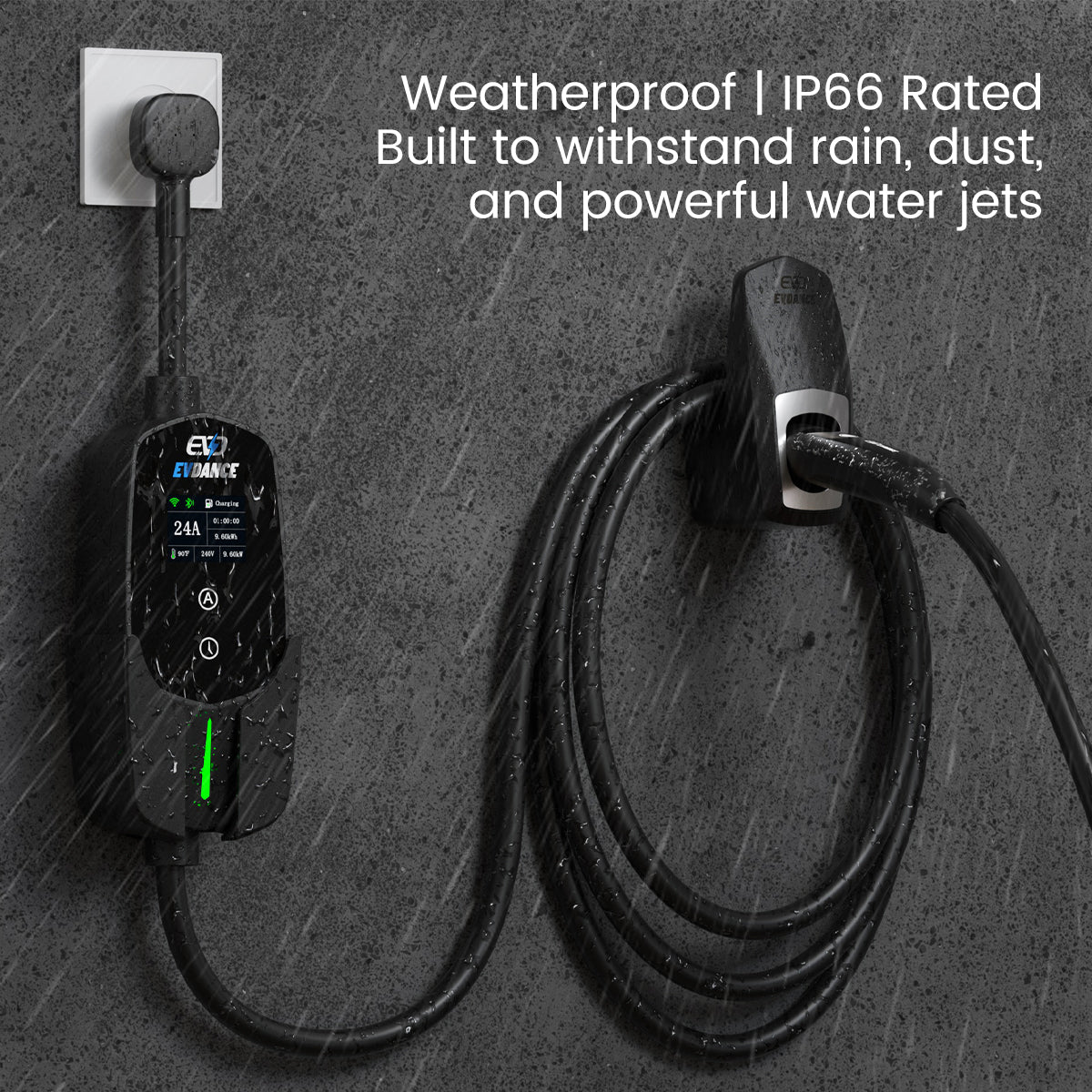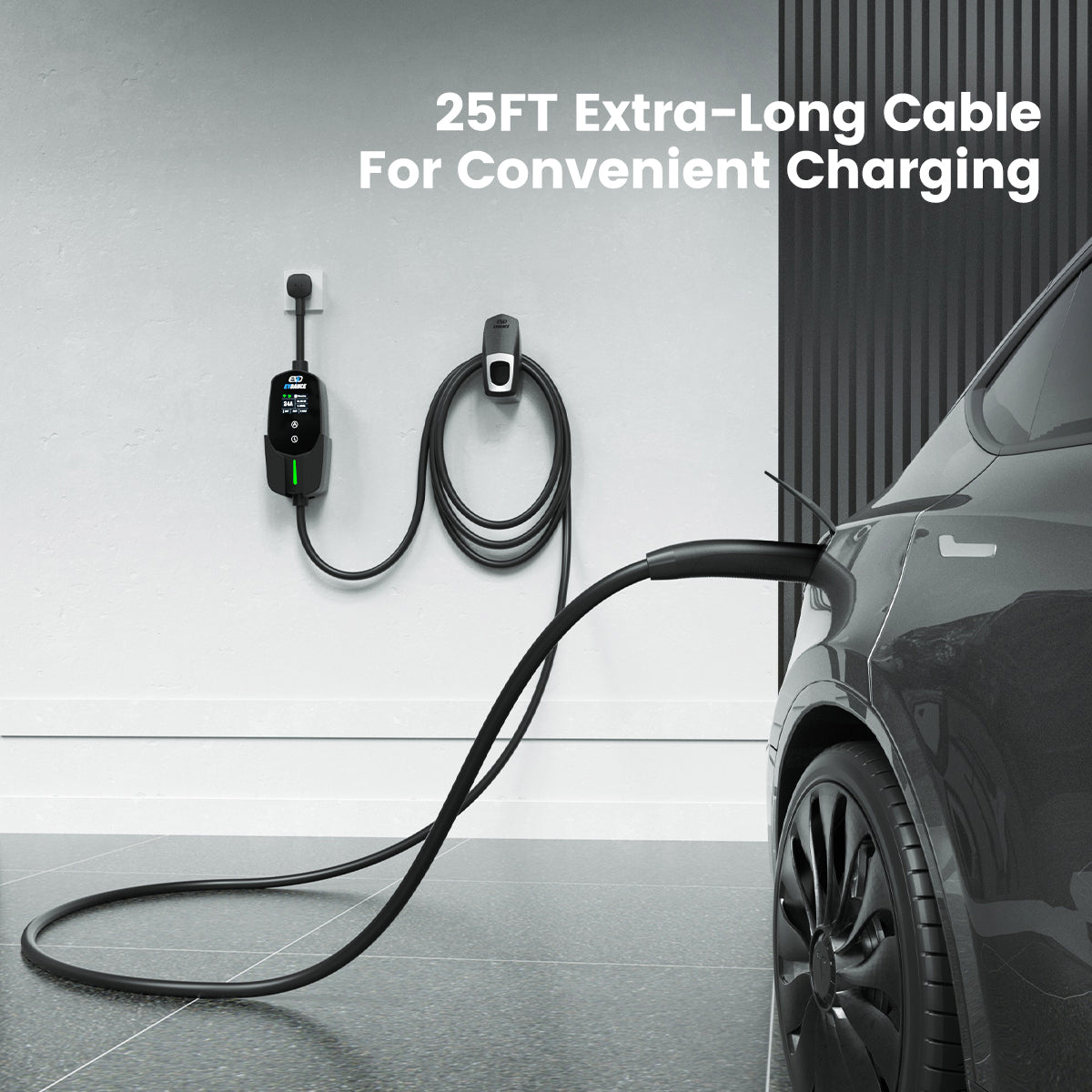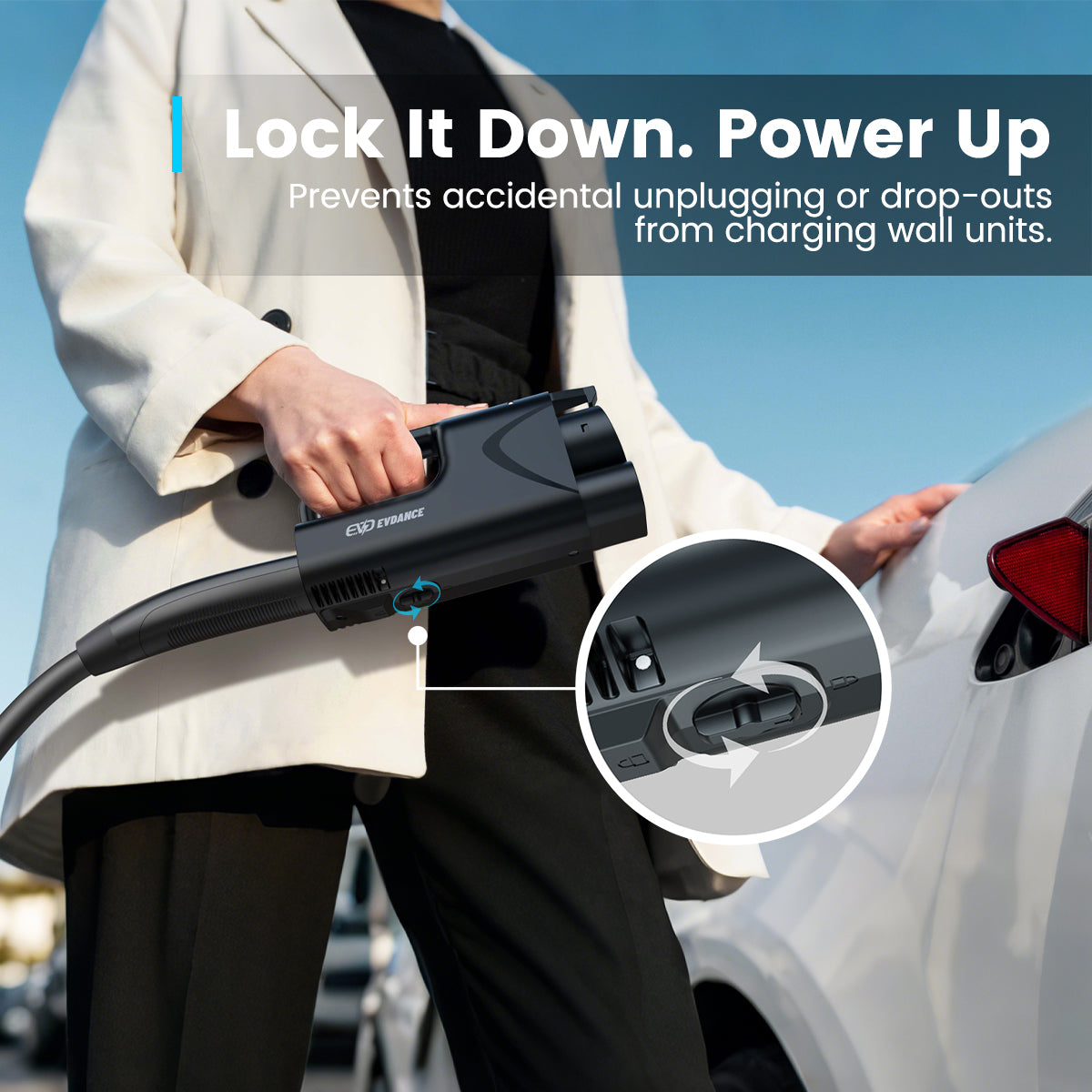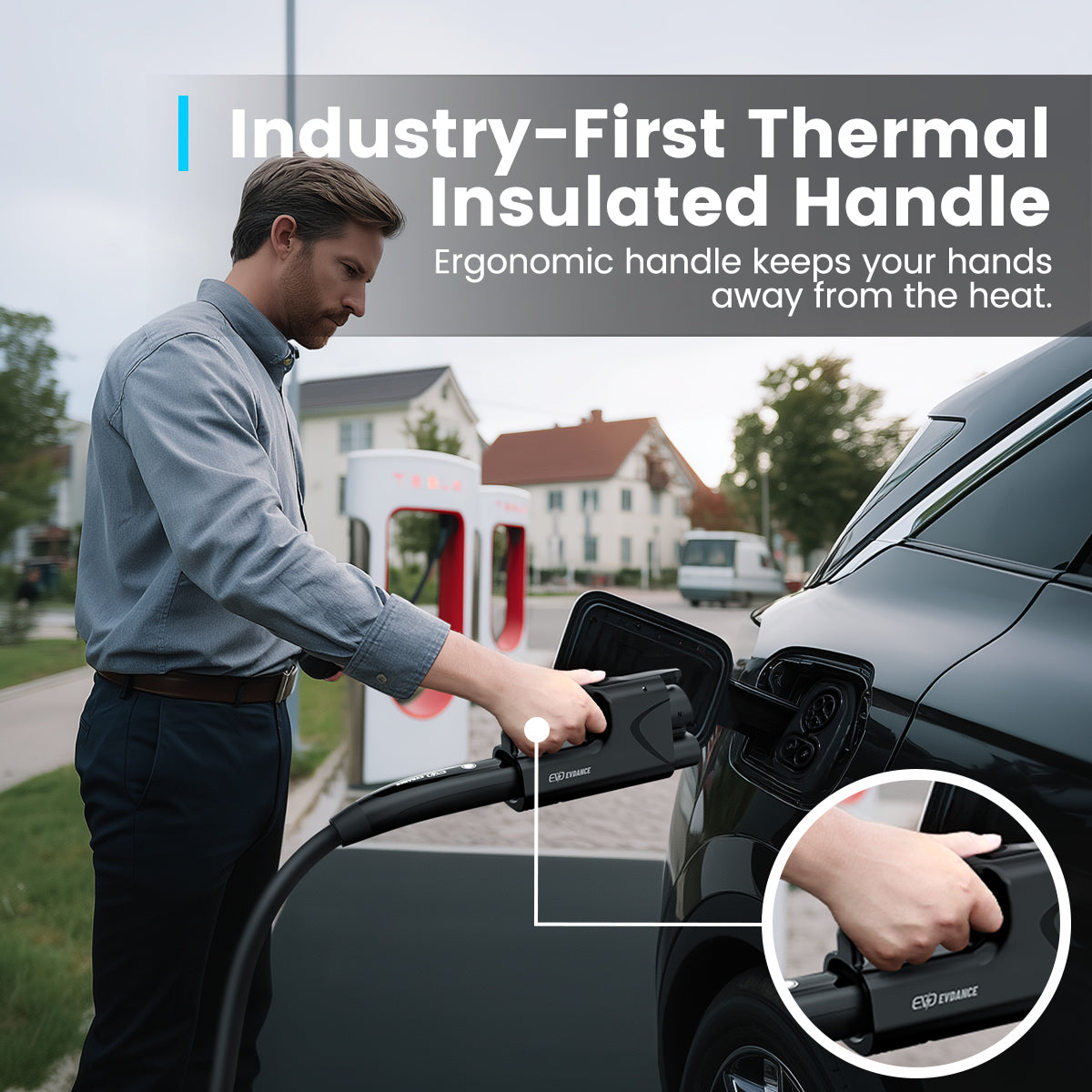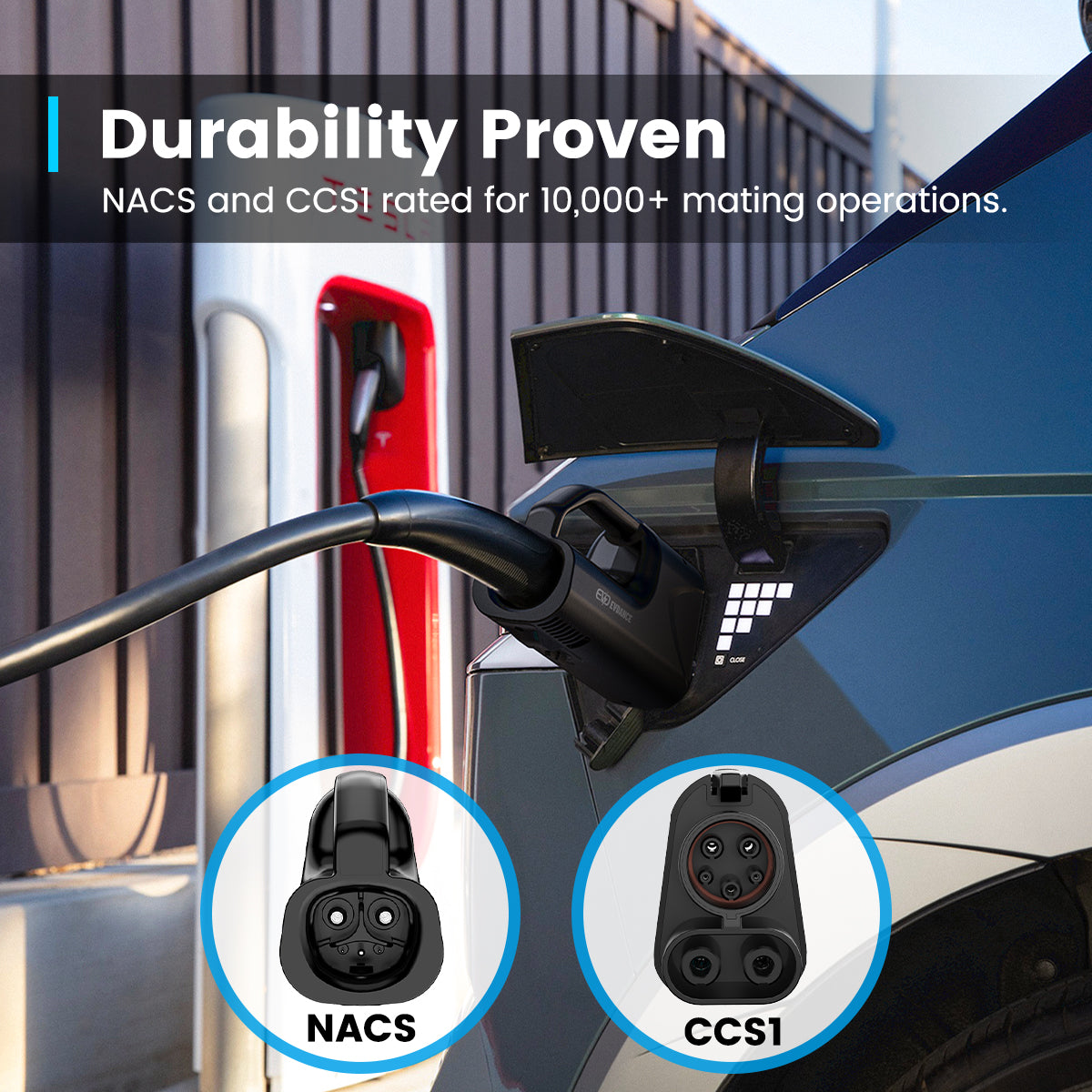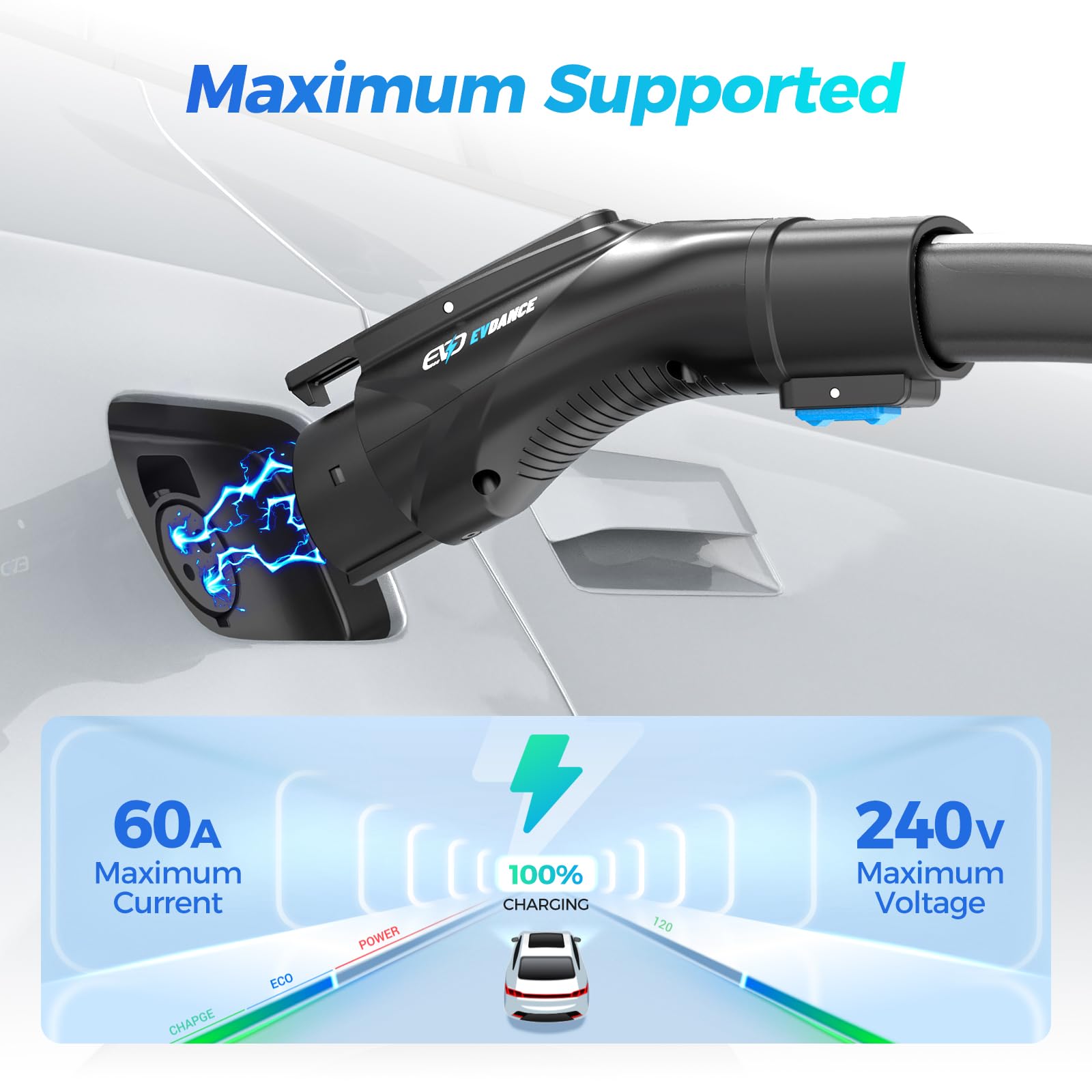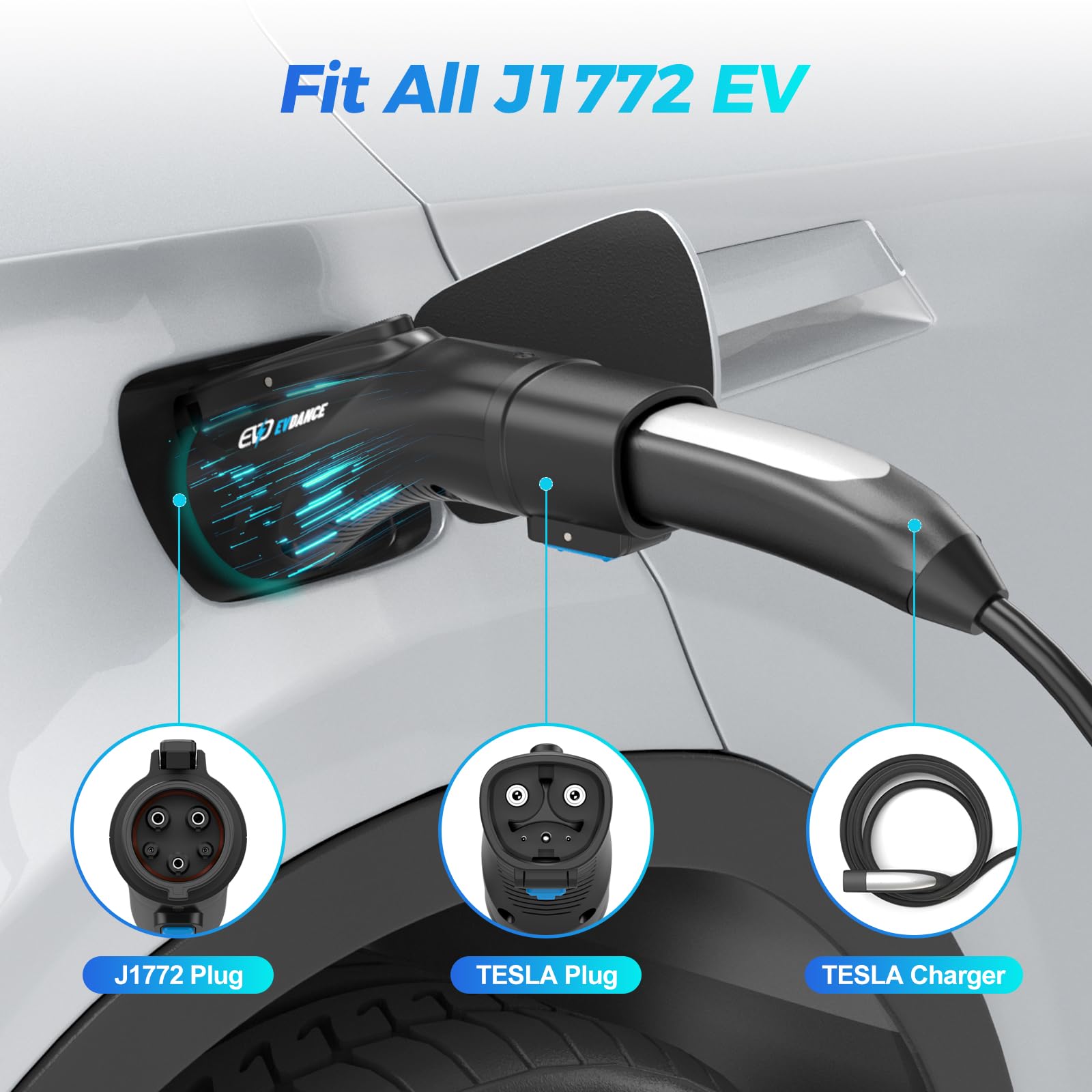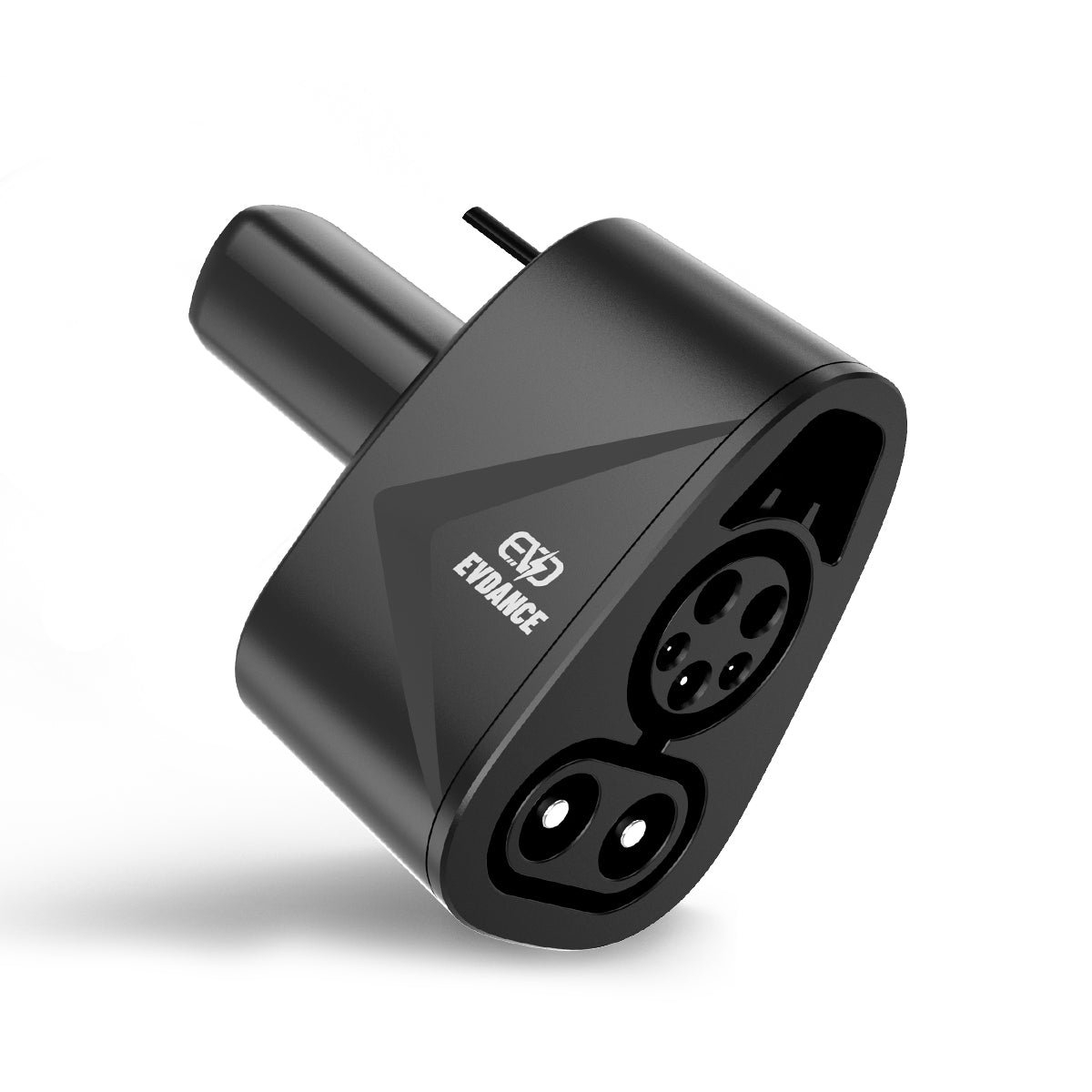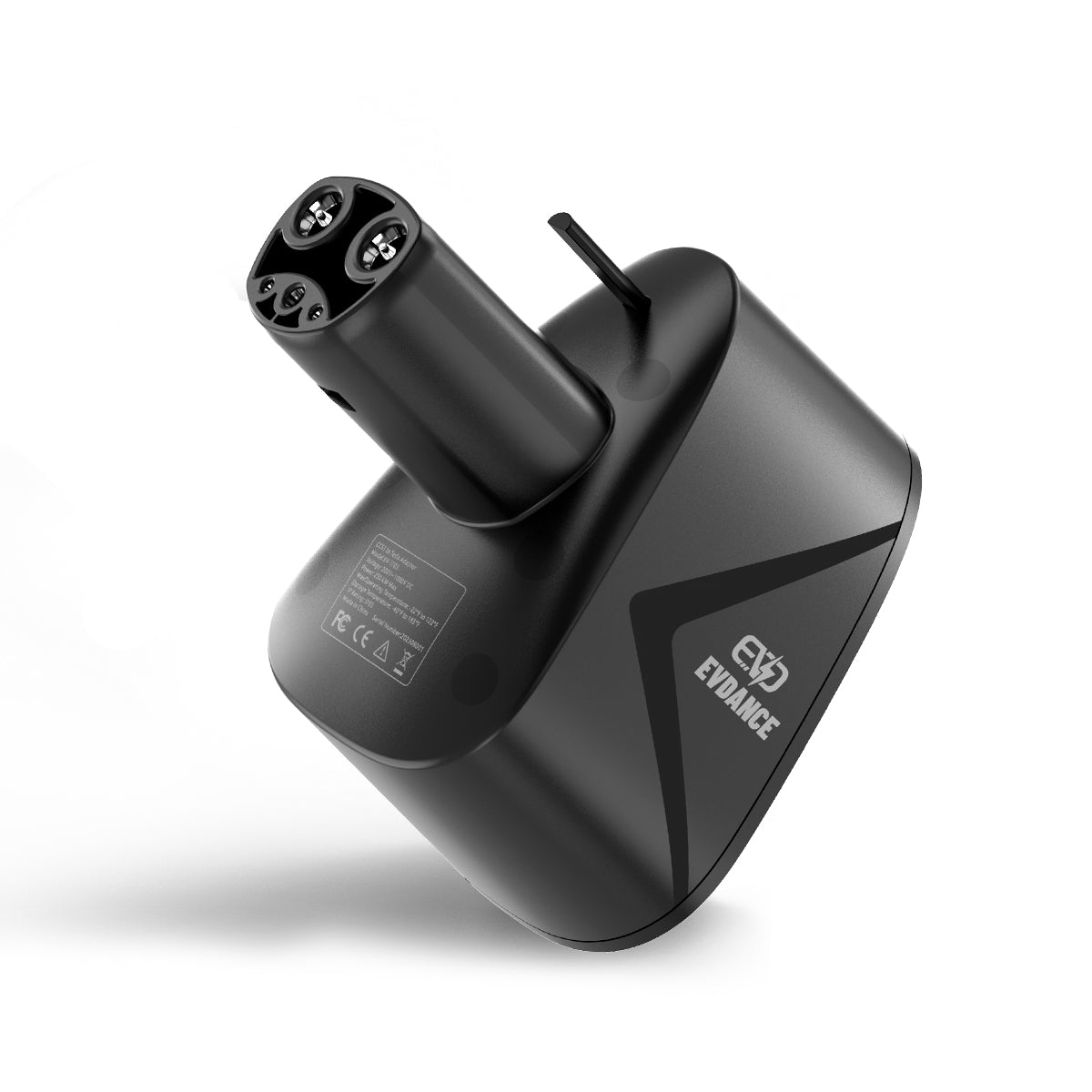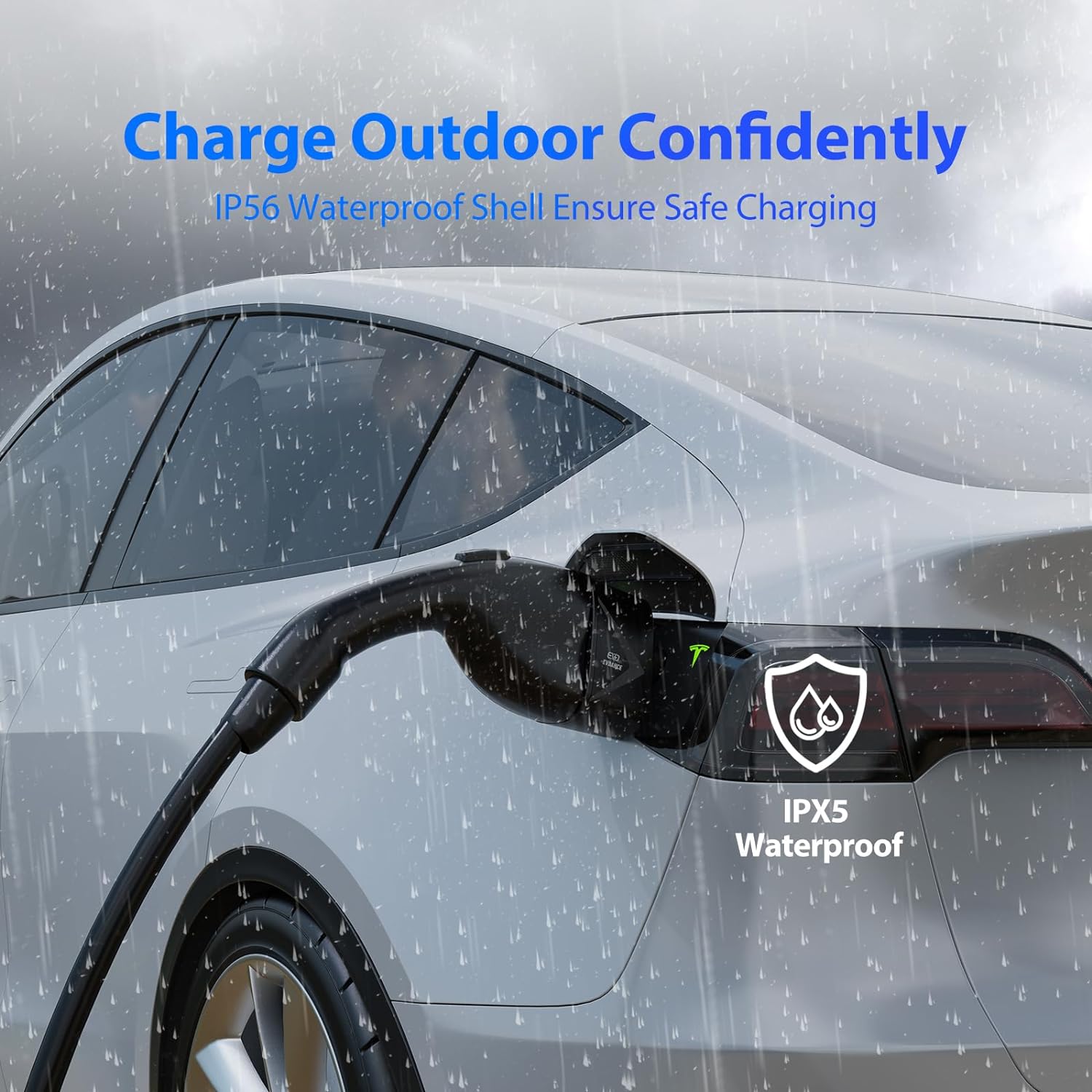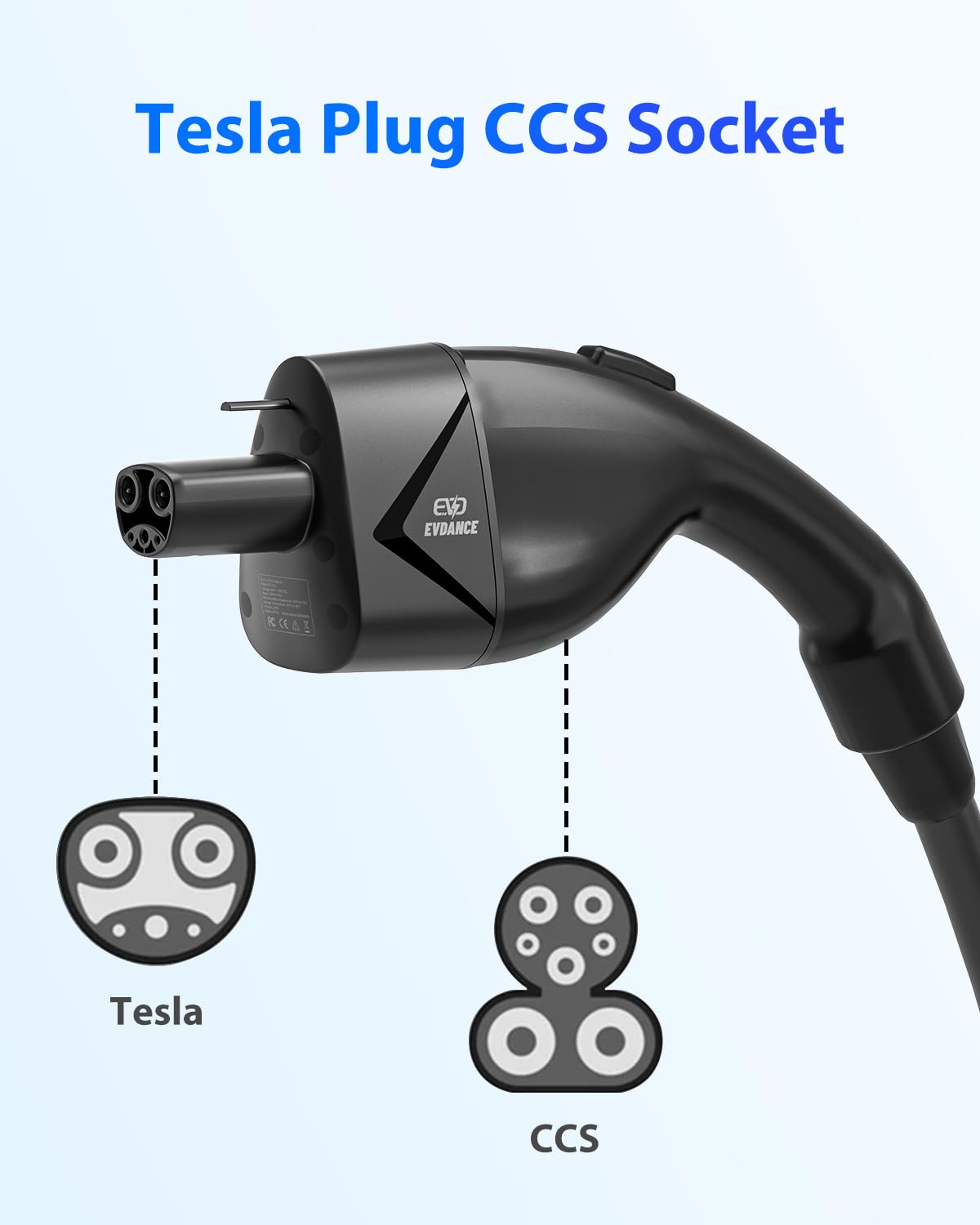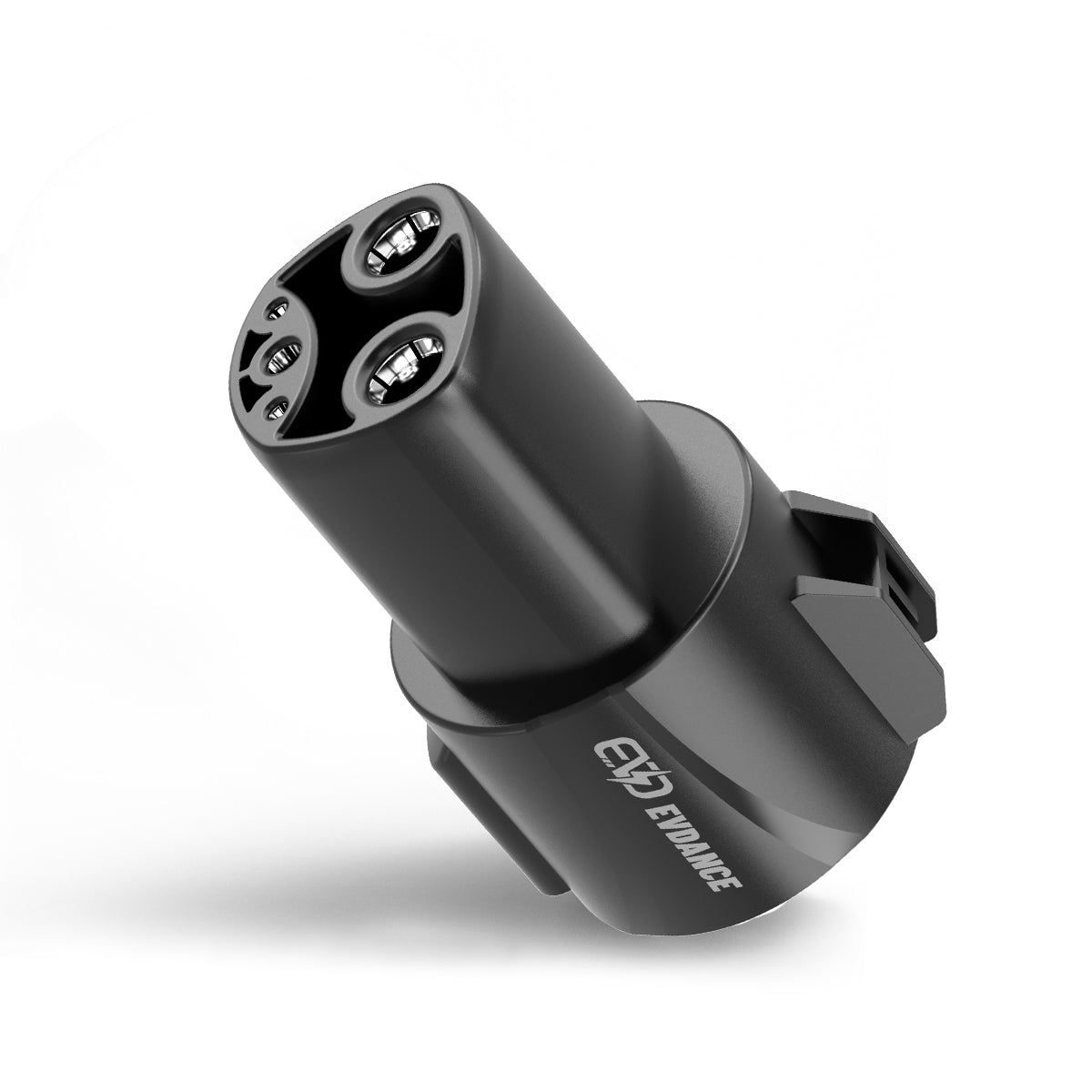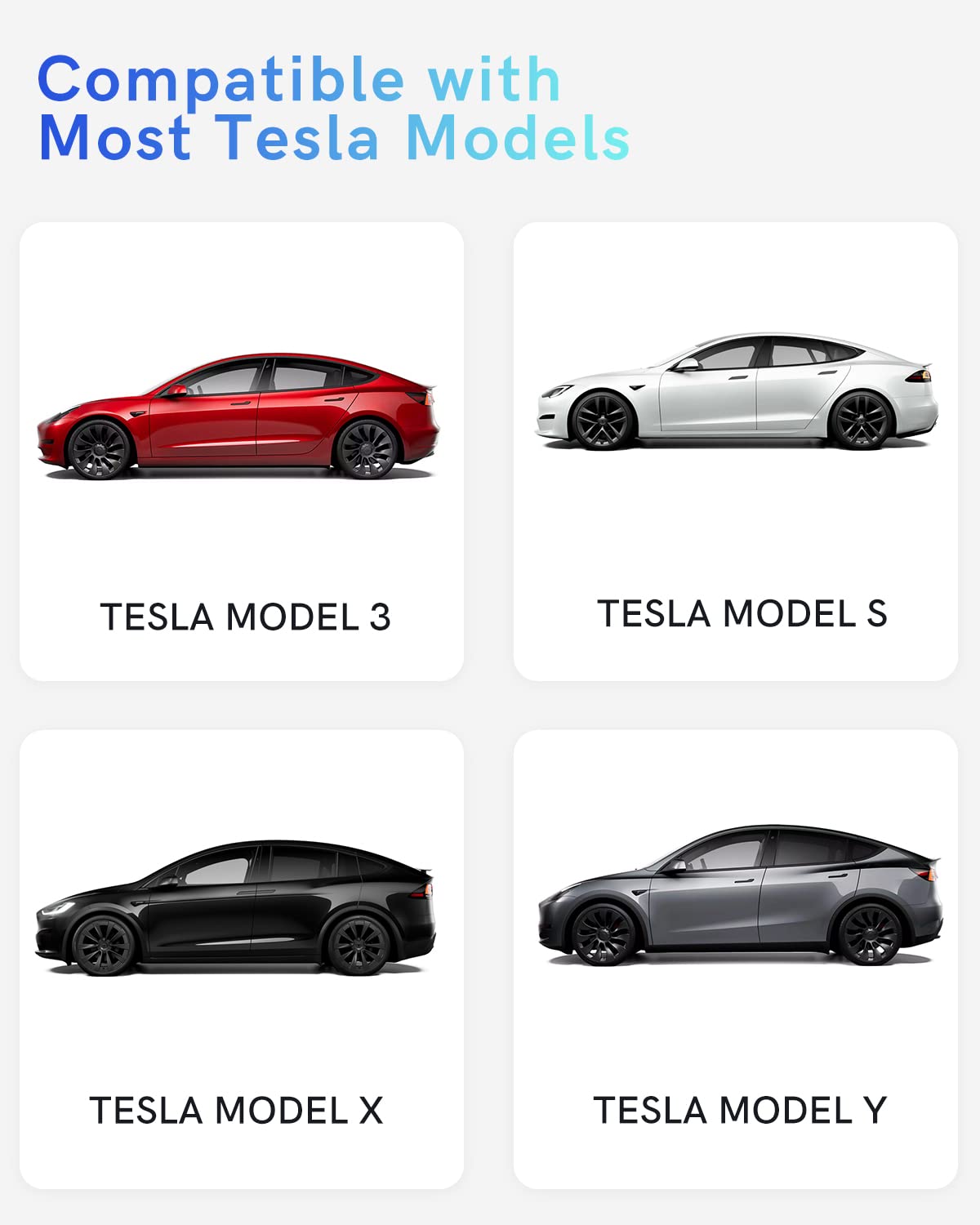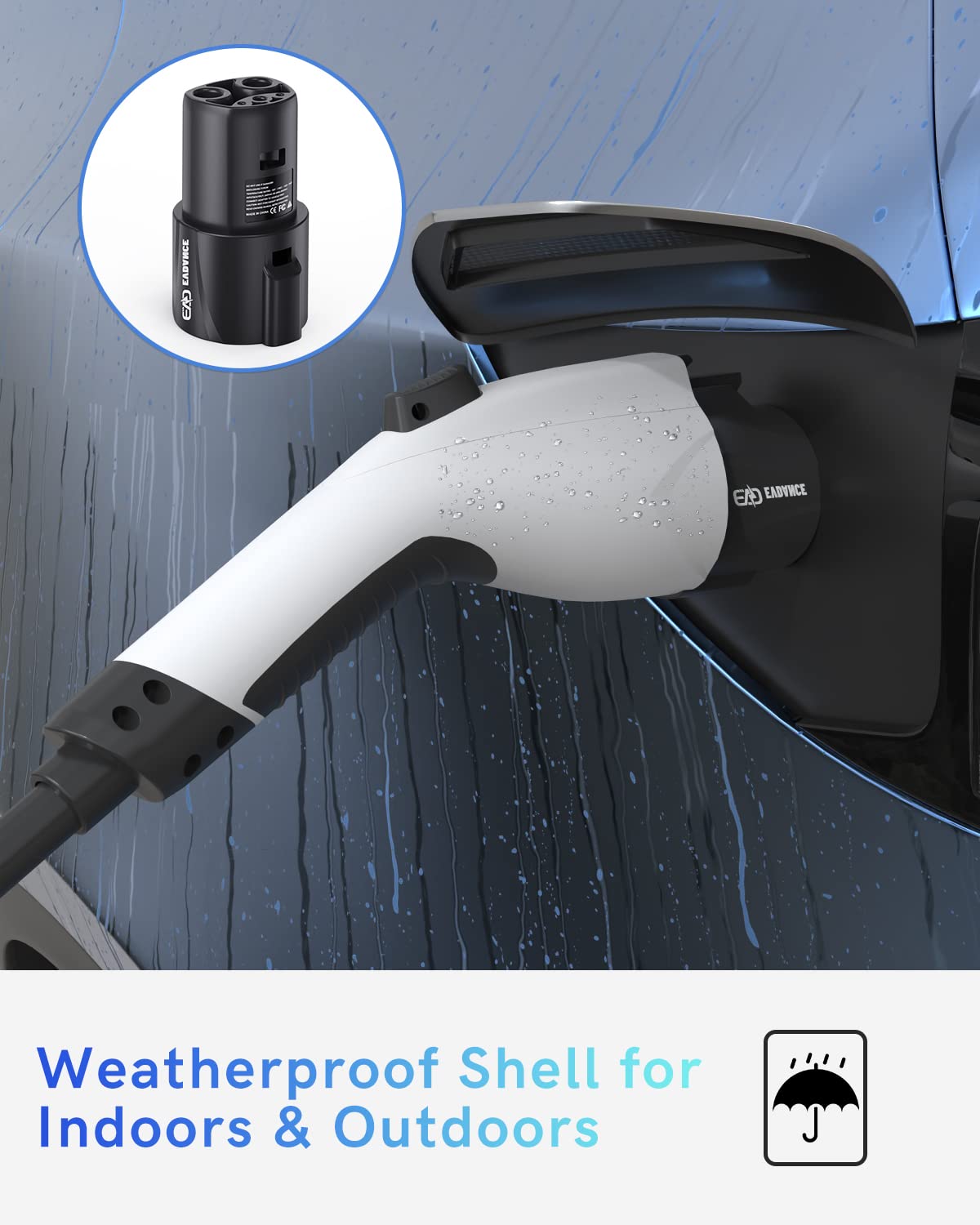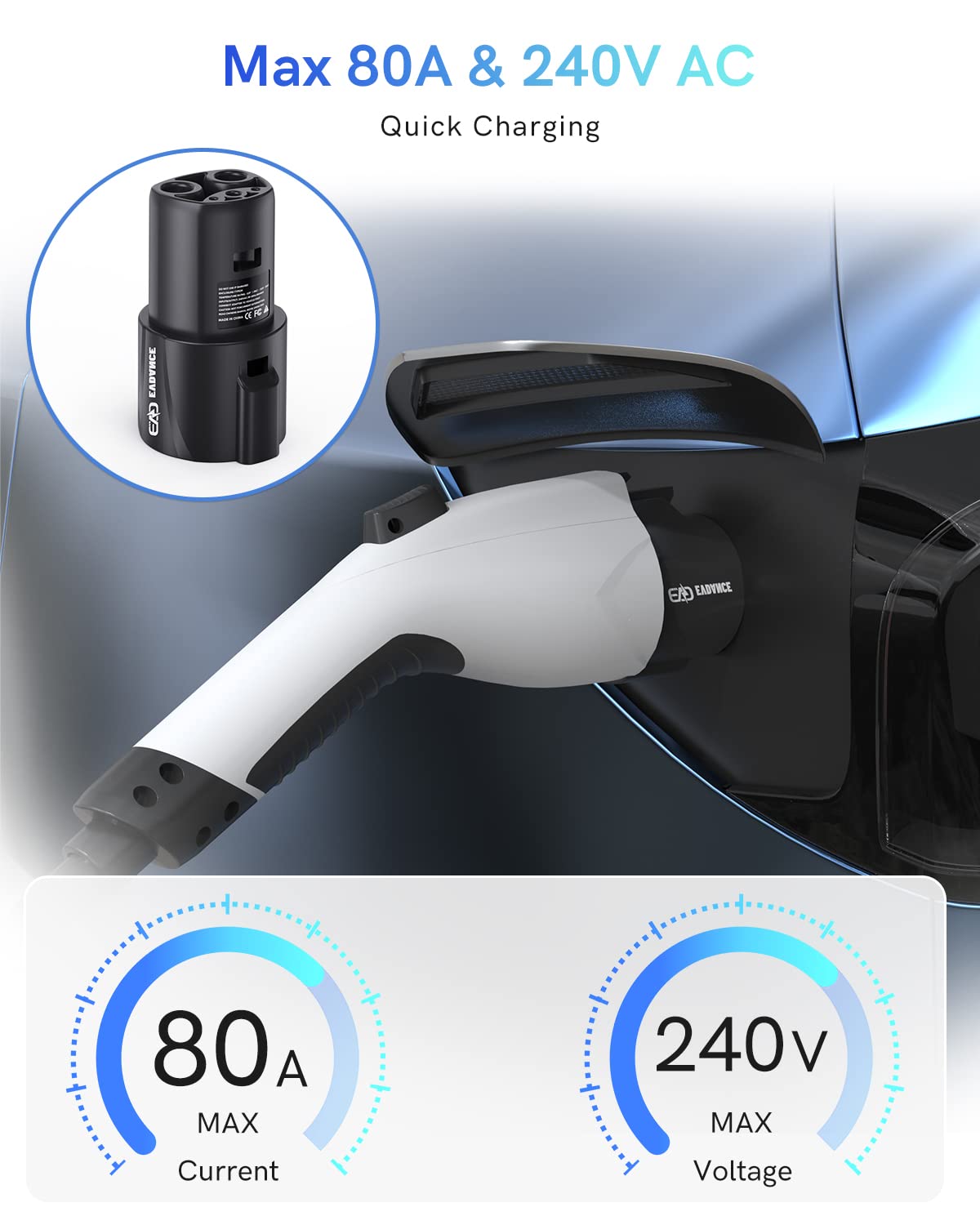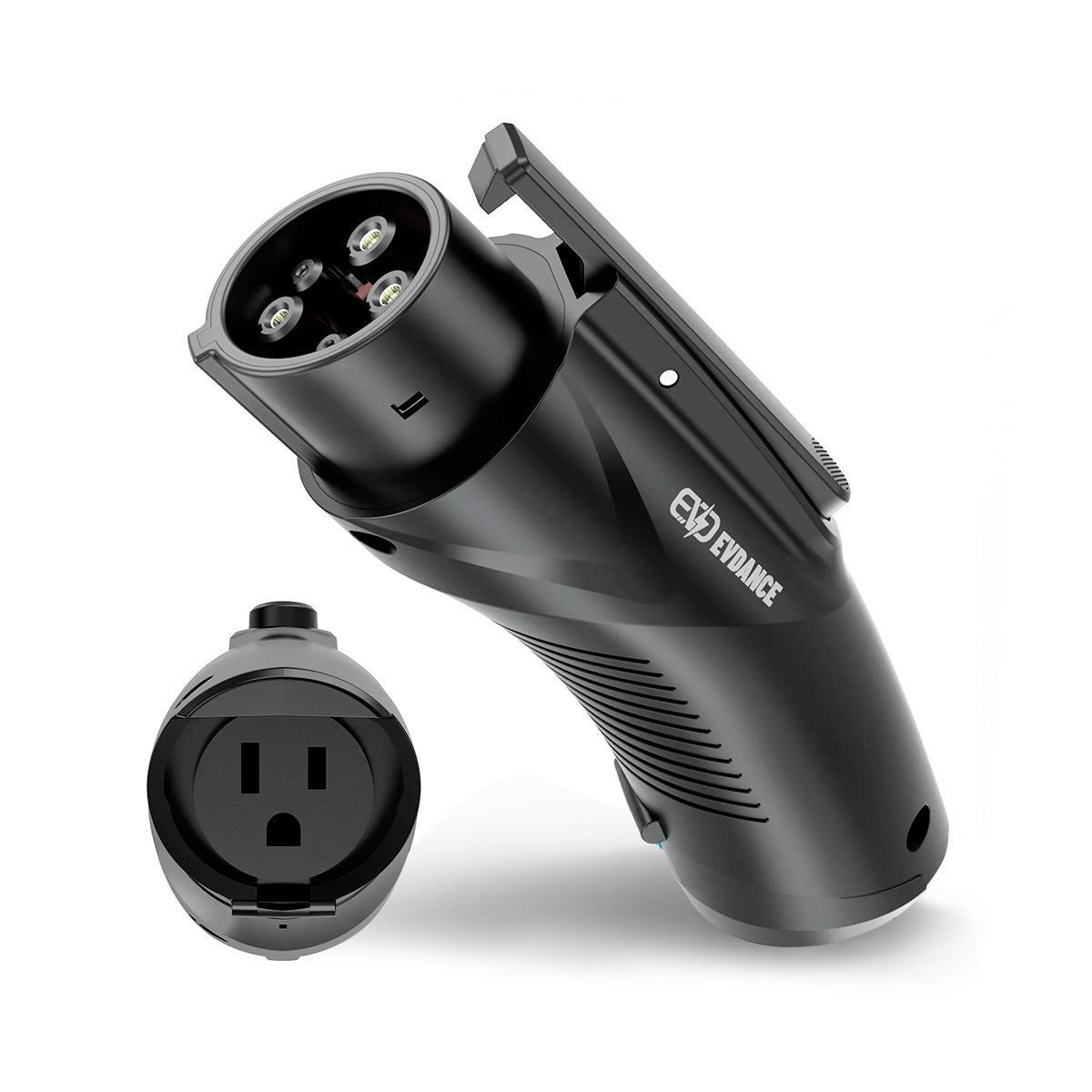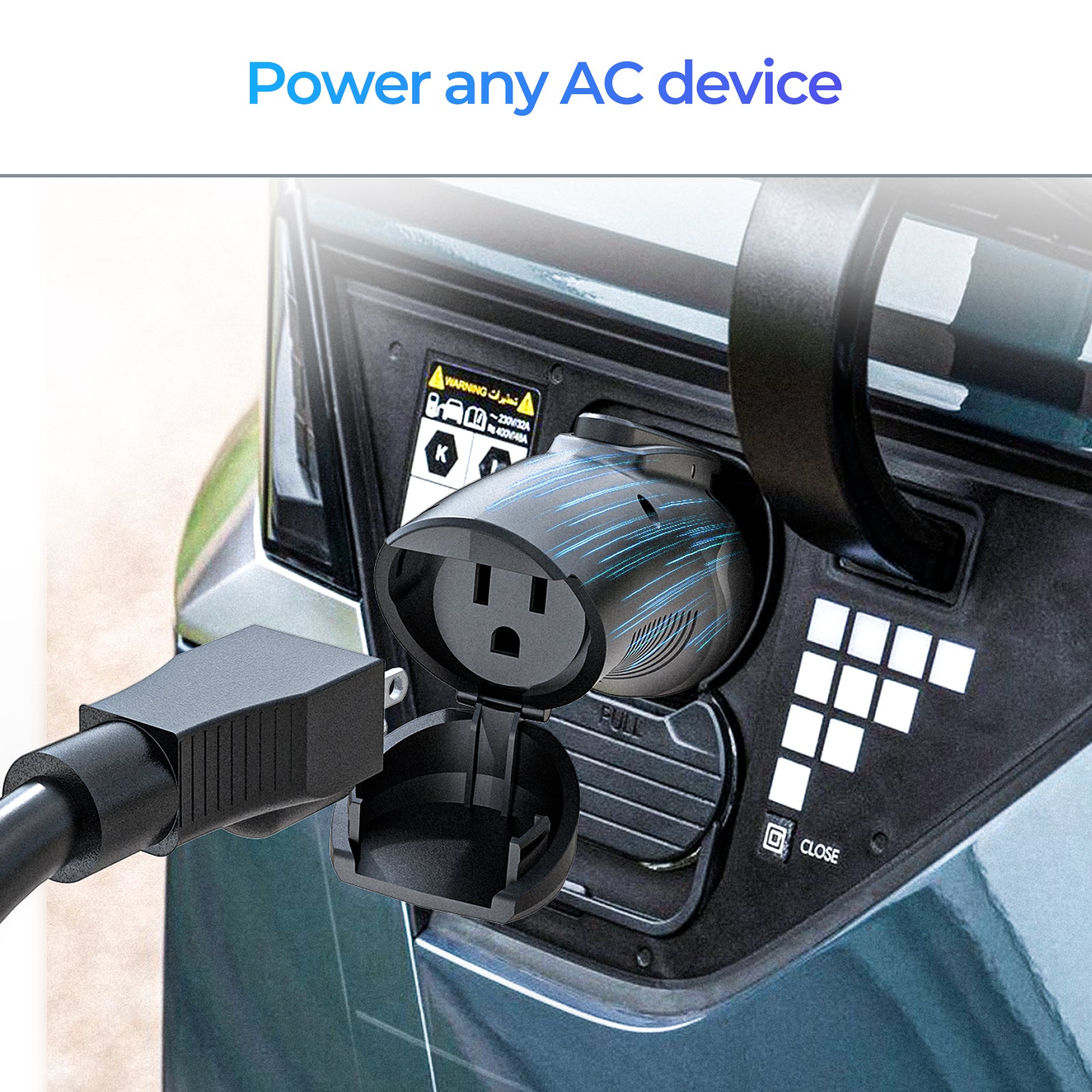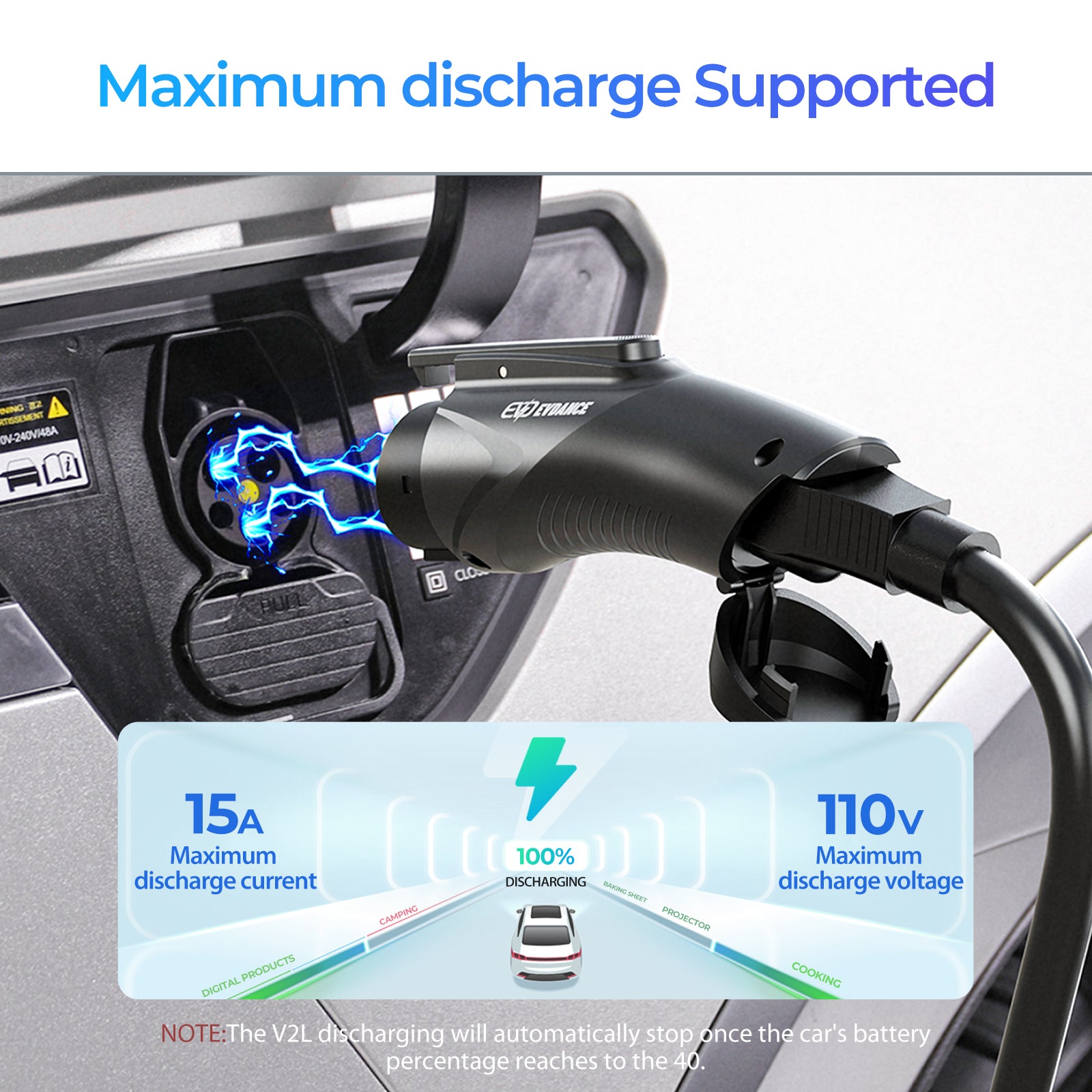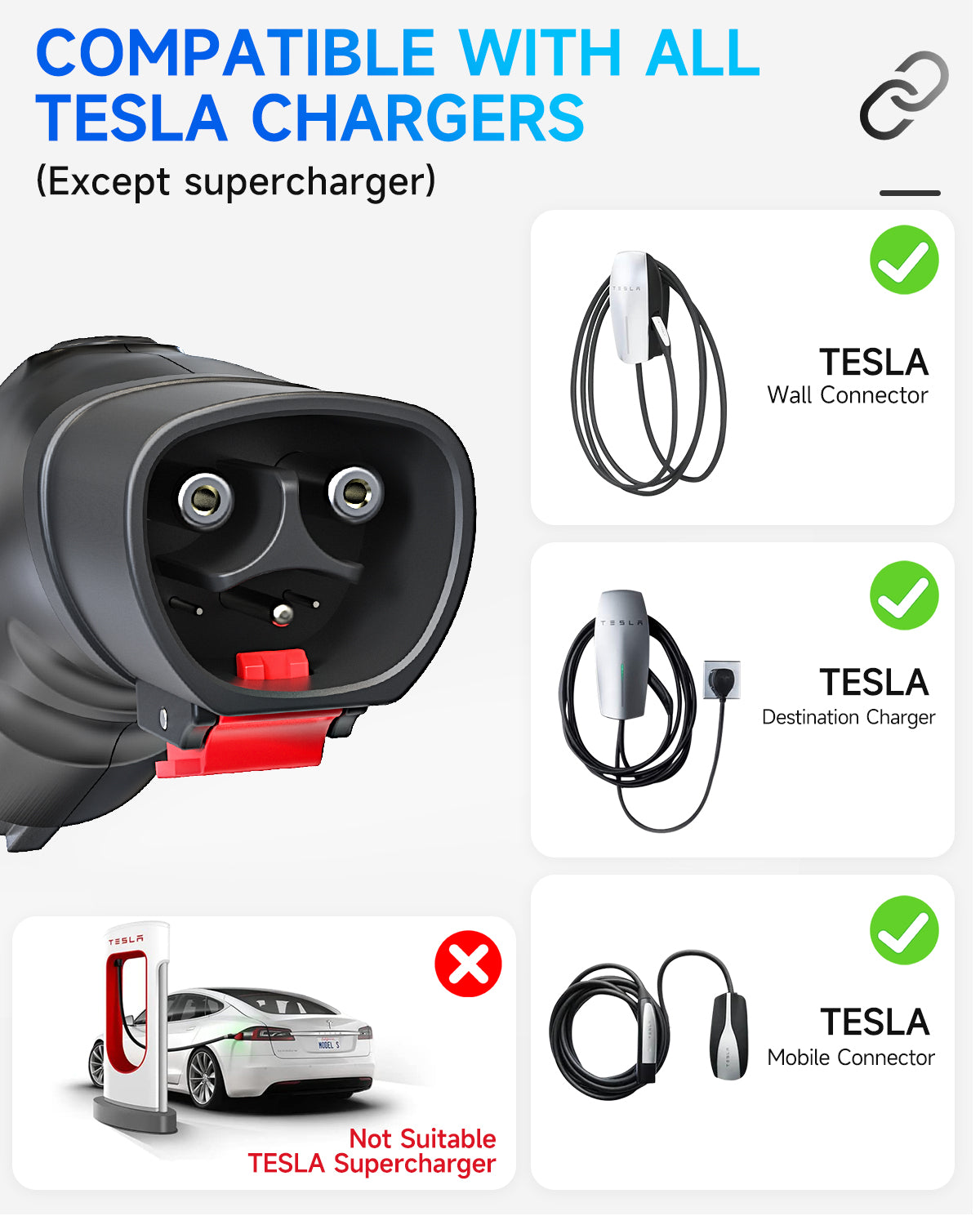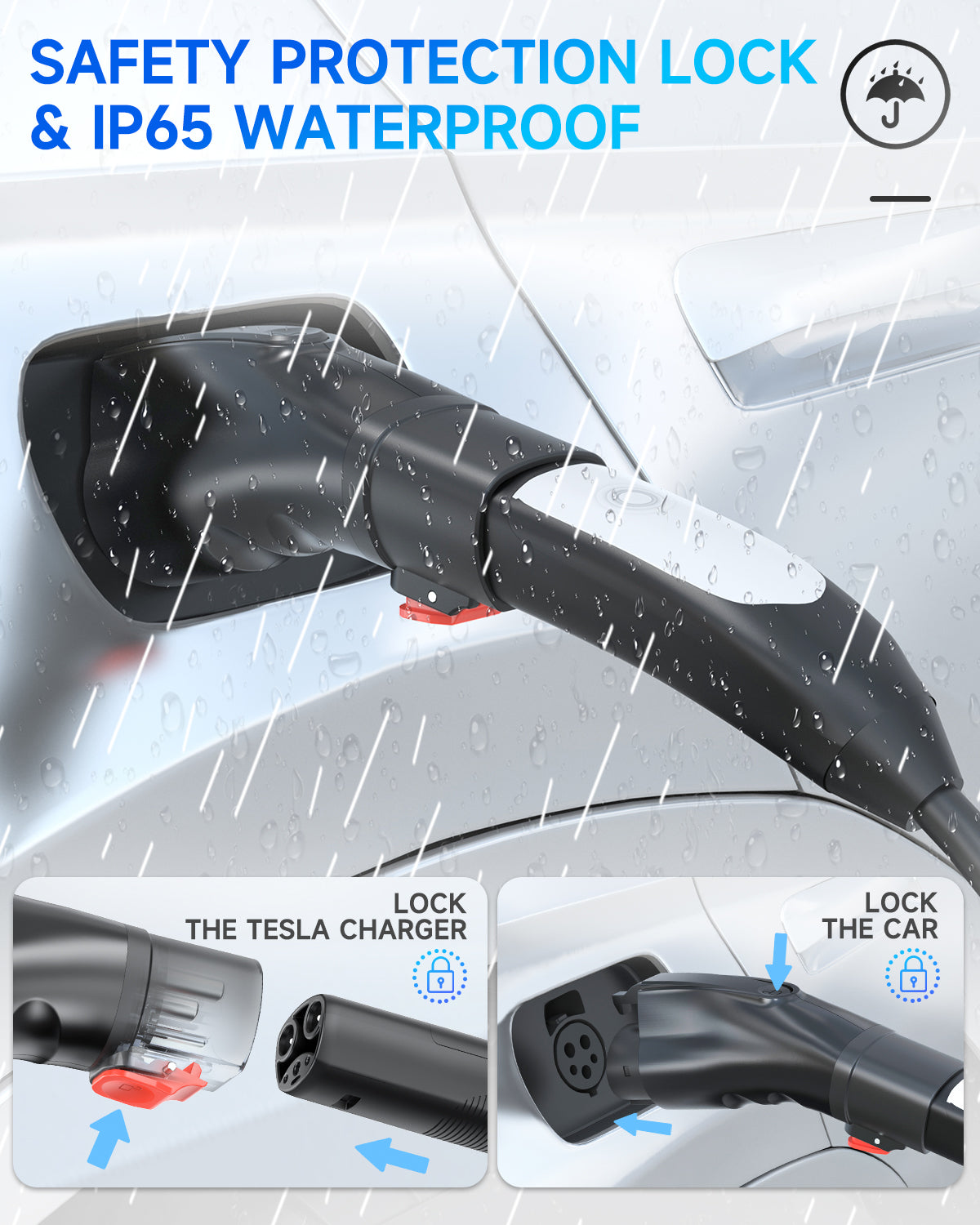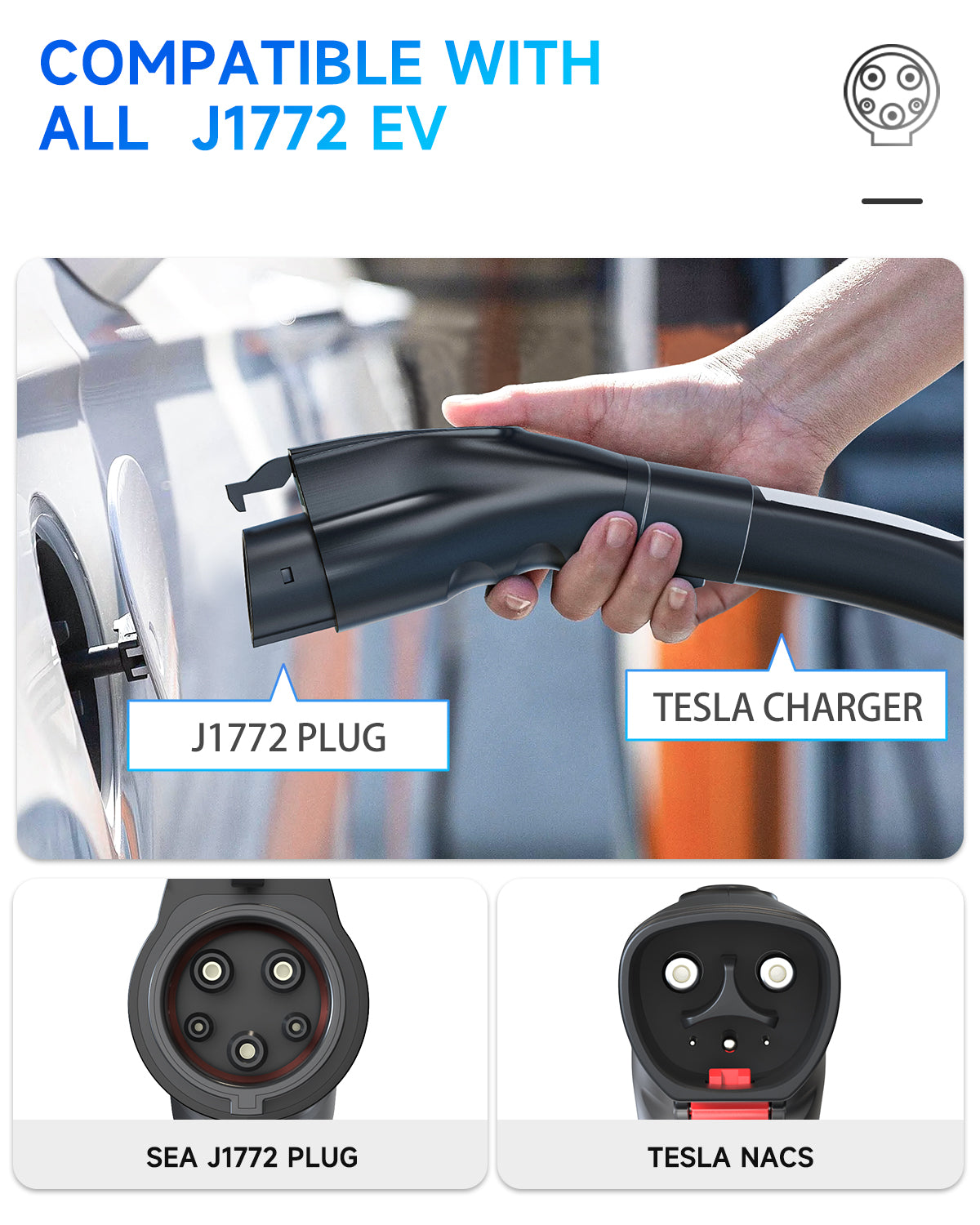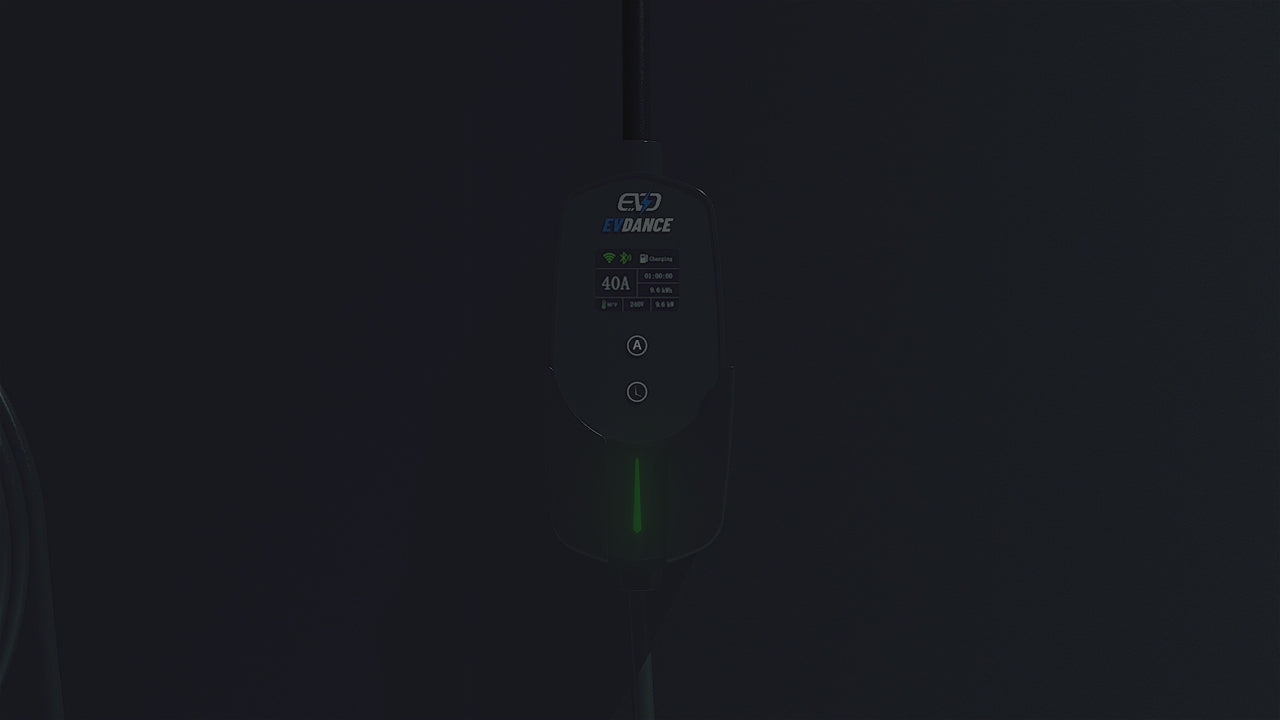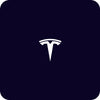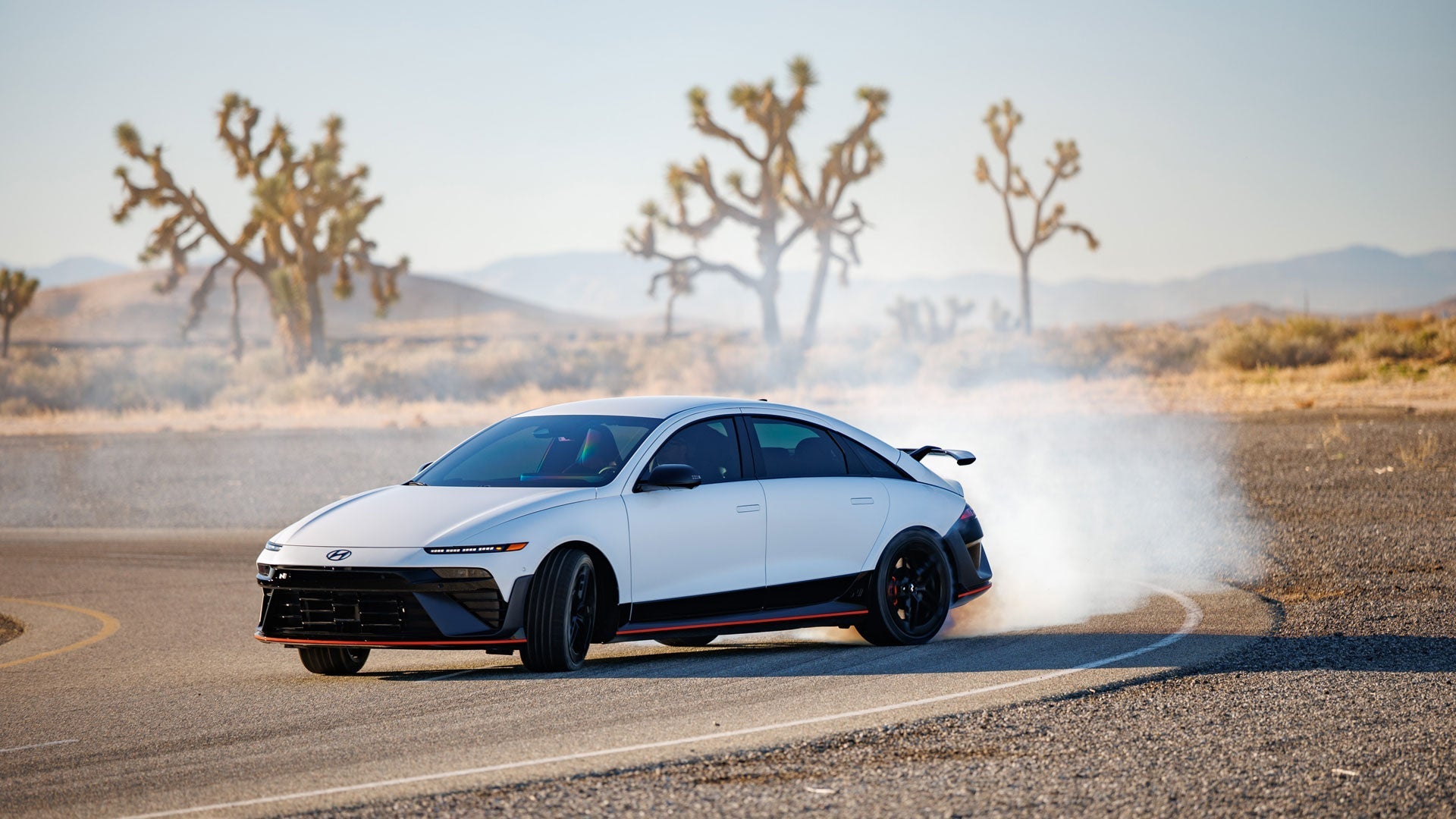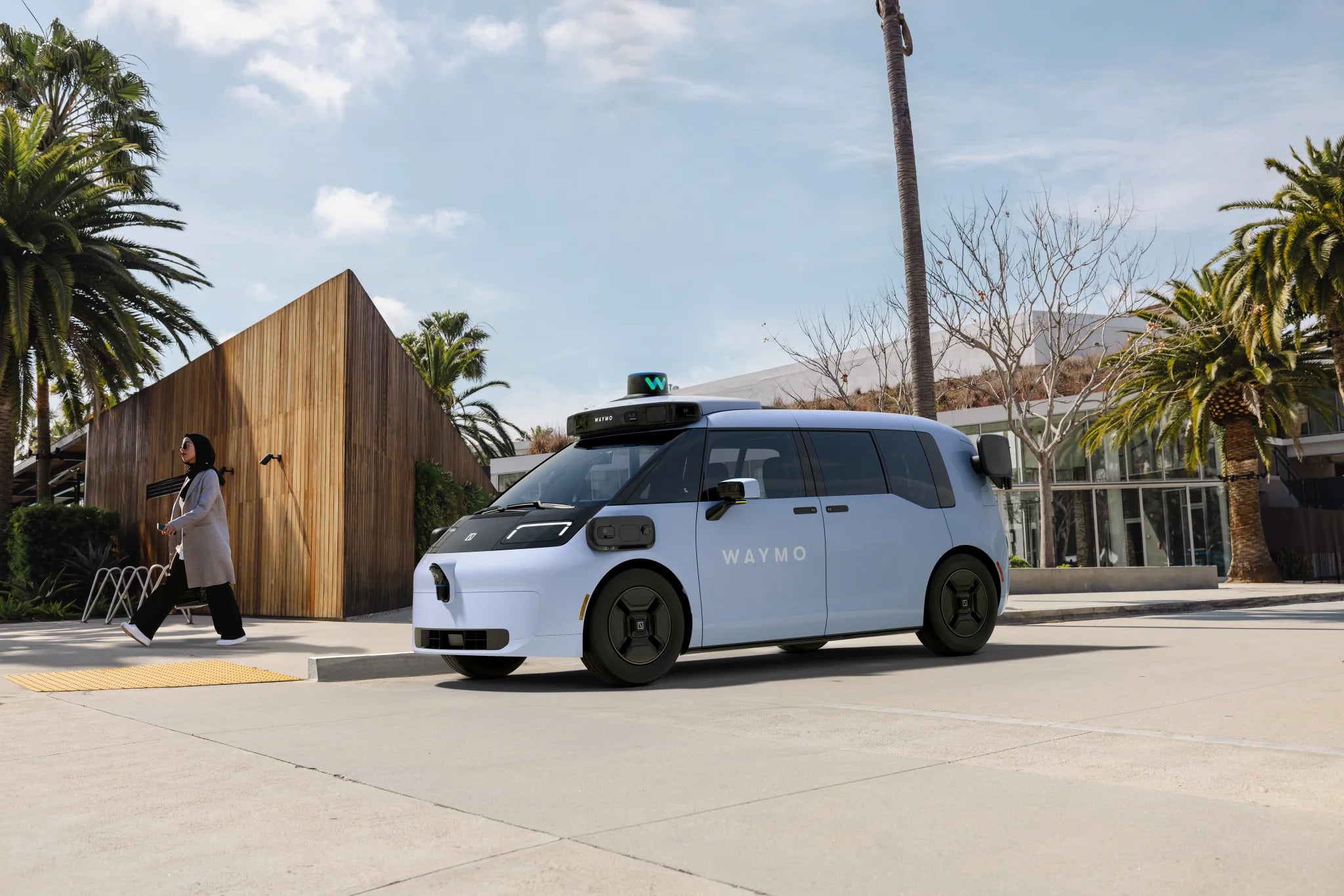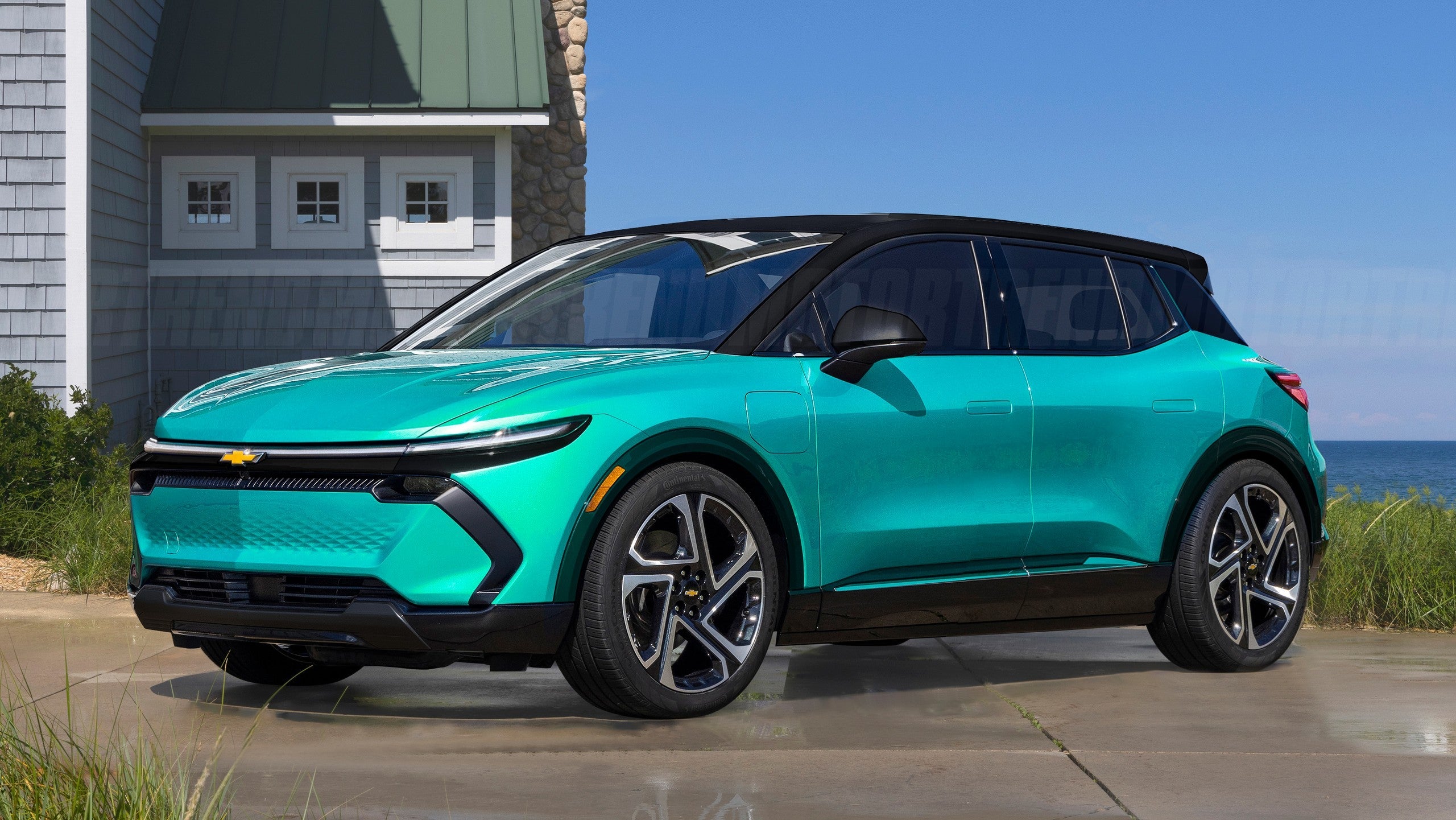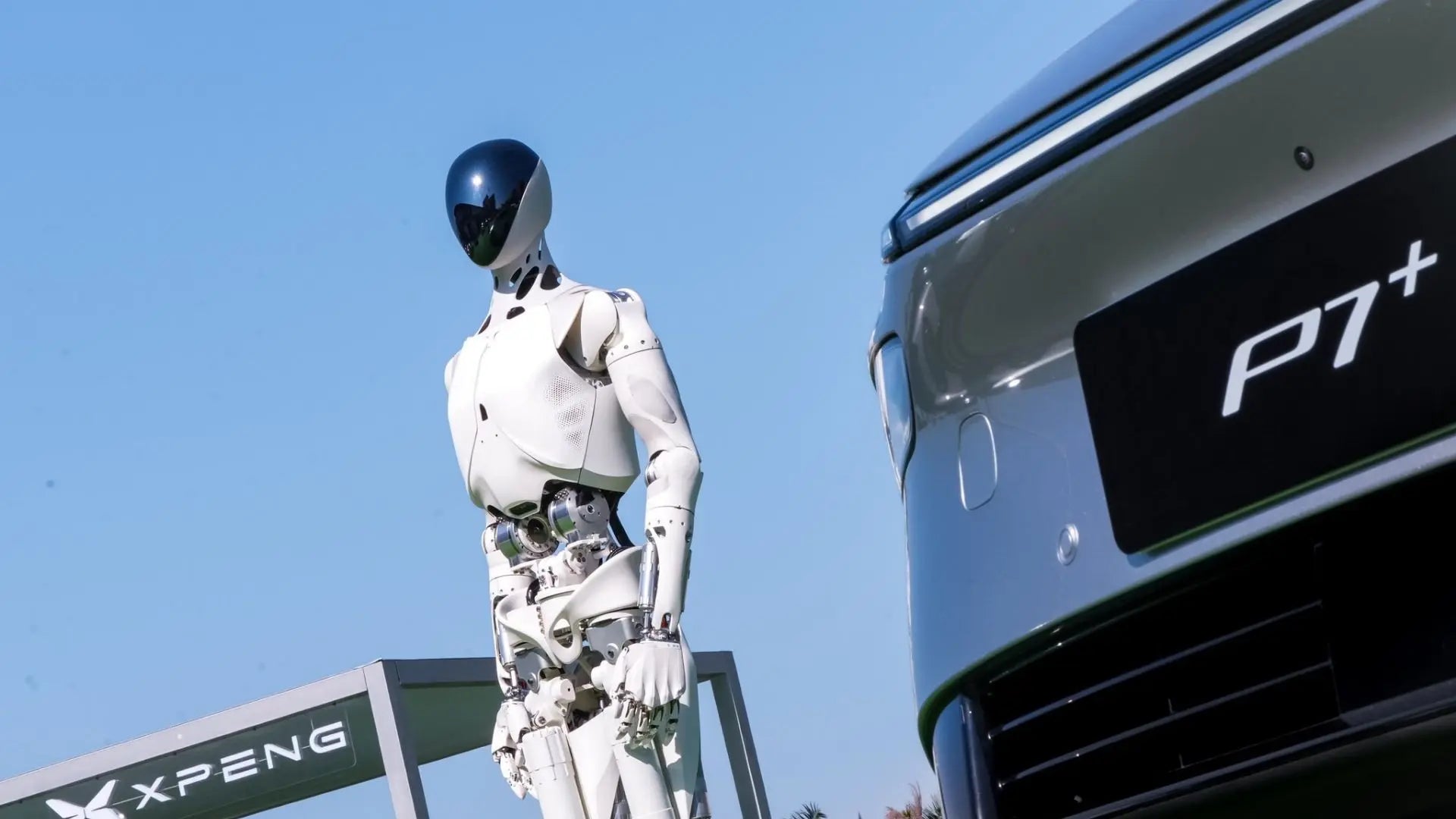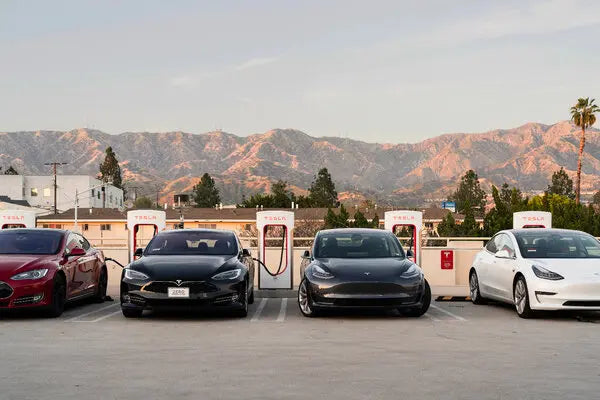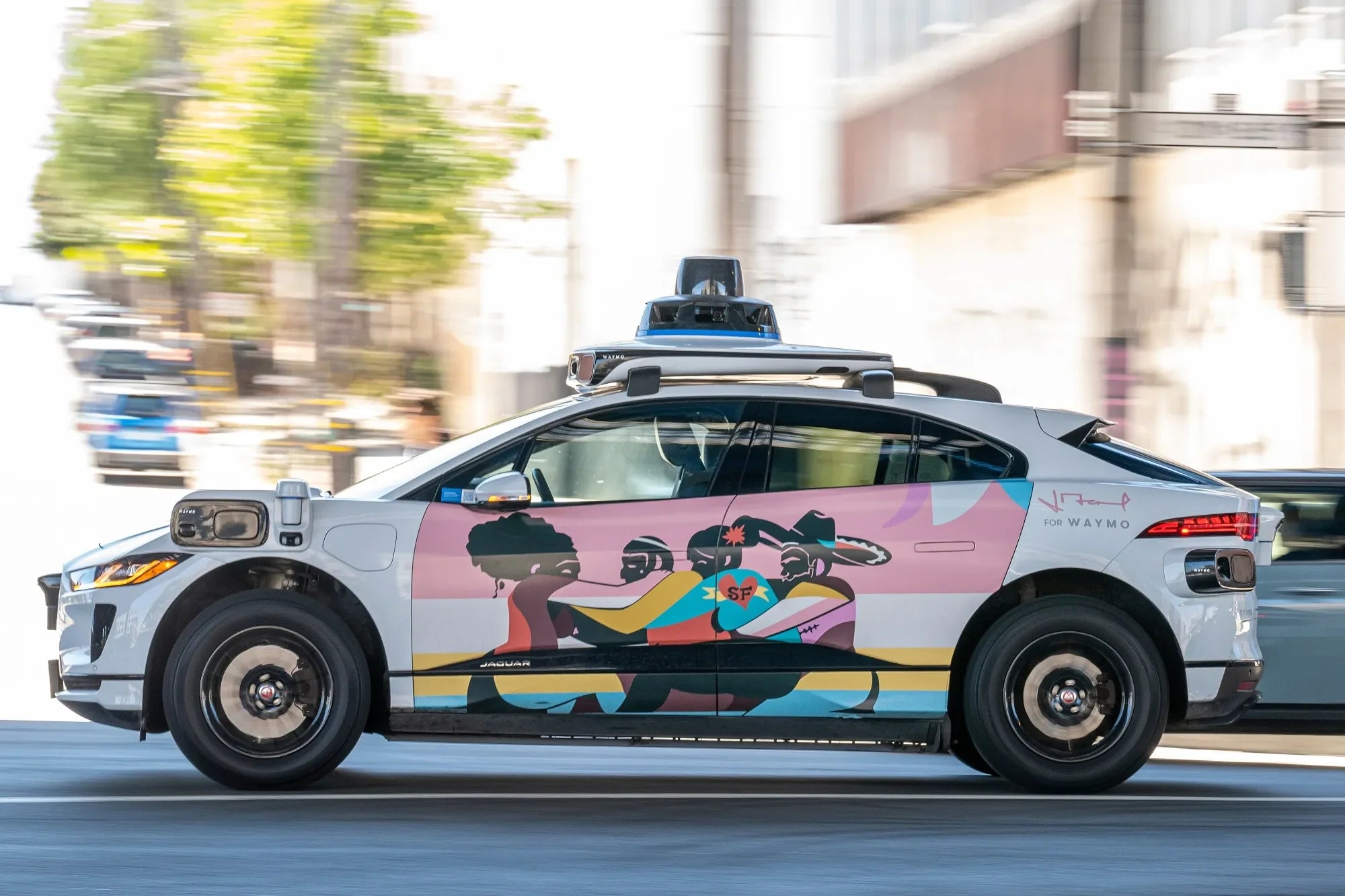Waymo’s new Zeekr RT robotaxi has appeared in real-world tests as the company prepares for wider U.S. expansion. With improved sensor integration, automated cleaning, and ride-friendly design, the RT signals Waymo’s next phase of commercial growth.
AS SEEN ON
Best Sellers
Vendor:EVDANCE
EVDANCE Flux Level 1 NEMA 5-15 Plug 12A J1772 Portable EV Charger
Sale priceFrom $139.95Regular price
$169.95
Vendor:EVDANCE
EVDANCE Flux Level 1 NEMA 5-15 Plug 12A NACS/Tesla Portable EV Charger
Sale priceFrom $139.95Regular price
$169.95
Vendor:EVDANCE
EVDANCE Flux Level 2 NEMA 14-50 40A Tesla Portable EV Charger Wifi Enabled
Sale price$279.95Regular price
$329.99
Vendor:EVDANCE
EVDANCE Flux Level 2 NEMA 14-50 40A J1772 Portable EV Charger Wifi Enabled
Sale price$279.95Regular price
$329.99
Vendor:EVDANCE
EVDANCE Level 2 NEMA 14-30 24A NACS Portable EV Charger
Sale priceFrom $225.95Regular price
$299.99
Vendor:EVDANCE
EVDANCE Level 2 NEMA 14-30 24A J1772 Portable EV Charger
Sale priceFrom $225.95Regular price
$299.99
Vendor:EVDANCE
EVDANCE Level 2 NEMA 10-30 24A J1772 Portable EV Charger
Sale priceFrom $225.95Regular price
$299.99
Vendor:EVDANCE
EVDANCE Level 2 NEMA 10-30 24A NACS Portable EV Charger
Sale priceFrom $225.95Regular price
$299.99
EV Adapters
Vendor:EVDANCE
EVDANCE Pulse Fusion NACS DC To CCS1 Adapter
Sale price$159.99Regular price
$199.99
Vendor:EVDANCE
EVDANCE Tesla(NACS) to J1772 Charging Adapter with Security Lock
Sale price$99.95Regular price
$114.99
Vendor:EVDANCE
EVDANCE Mini Tesla(NACS) to J1772 Charging Adapter Max 80 Amp & 250V
Sale price$88.95Regular price
$129.99
Vendor:EVDANCE
EVDANCE CCS1 To NACS Adapter 250KW
Sale price$79.99Regular price
$139.99
Vendor:EVDANCE
EVDANCE SAE J1772 to Tesla Charging Adapter 80 Amp/ 240V
Sale price$65.00Regular price
$99.95
Vendor:EVDANCE
EVDANCE V2L Adapter for Hyundai Ioniq 5 & Ioniq 6,Kia EV6 15 Amp
Sale price$79.95Regular price
$99.99
Vendor:EVDANCE
Tesla(Nacs) to J1772 Charging Adapter with Security Lock - Promote
Sale price$95.95Regular price
$114.99
RECOMMENDED BY

Kim Java
If you go to a friend's house and their car is blocking the charger or the charger is in an awkward spot, or you're travelling just can't quite reach the charger, you can use the extra length that you need.

Robert Rosenfeld
Perfect solution for charging multiple cars without the hassle! Durable, reliable, and makes outdoor charging effortless. Exactly what I needed!

Walter Schulze
When you’re on a roadtrip going to a hotel that has an EV charger, the PlugShare says it's available and working, and when you get there it is ICEd. That's where EVDANCE Extension Cord comes into play.
EV Compatibility
Customer Support
Monday - Friday
24/7 Customer Support
1-Year Warranty
EVDANCE Covers A Period Of 12 Months From The Date Of Purchase.
Fast Free Shipping
Fast Free US & DE & CA Shipping 48 - 72 Hours
Secure Payment
On EVDANCE Your Payment Information Is Processed Securely
FAQ
What types of EV chargers are available and which one is right for me?
There are mainly three types of EV chargers: Level 1, Level 2, and DC Fast Chargers. Level 1 chargers use a standard household outlet and are best for overnight charging at home. Level 2 chargers require a 240V outlet and charge faster, making them suitable for both home and public use. DC Fast Chargers provide rapid charging and are commonly found in public charging stations.
How long does it take to charge an electric vehicle?
Charging time varies based on the charger type and the vehicle's battery capacity. Level 1 chargers can take 8-20 hours to fully charge, Level 2 chargers can take 4-8 hours, and DC Fast Chargers can charge up to 80% in 20-40 minutes.
What are the costs associated with installing an EV charger at home?
The cost of installing an EV charger at home depends on the type of charger, installation complexity, and local labor rates. Level 1 chargers generally cost less since they can use existing outlets, while Level 2 chargers may require electrical upgrades and can cost between $500 to $2,000 including installation. Incentives and rebates might be available to offset these costs.
Are there incentives or rebates for installing EV chargers?
Yes, many regions offer incentives and rebates for installing EV chargers. These can come from federal, state, or local governments, as well as utility companies. Incentives may cover part of the installation costs, provide tax credits, or offer rebates on the purchase of the charger. It's advisable to check local resources for specific programs available in your area.
What is the difference between a connector and a charger?
A connector refers to the physical plug that connects the EV to the charging station, while a charger is the entire system that delivers electricity to the EV. There are different connector types depending on the region and the charging standard, such as Type 1 (J1772) in North America, Type 2 (Mennekes) in Europe, and CHAdeMO or CCS for fast charging.
How do I apply for tax credits to offset my EV charger installation costs?
Want to learn how to claim a tax credit to offset the cost of installing an electric vehicle charger? See here. 2024 EV Tax Credit: The Best Way to Save on Your EV
Not Found Your Qustions?
Go to our QA Question Bank for more answers!
EV NEWS
Stay current with the latest breakthroughs, sales trends, policy updates, and industry shifts shaping the future of electric mobility. From EV startups to legacy automakers, this section delivers timely insights into the rapidly evolving world of electric vehicles—covering tech innovations, market performance, charging infrastructure, and more.
Hyundai Confirms the Ioniq 6 N for the U.S., But Only in Small Numbers
Hyundai will bring the high-performance Ioniq 6 N to the U.S. in limited numbers in 2026. With 641 hp, fast charging, and track-focused engineering, it serves as a halo model even as EV sedans face declining demand.
U.S. EV Makers Turn to LFP Batteries for Lower Costs and Wider Adoption
LFP batteries are reshaping the U.S. EV market by cutting production costs and improving durability. Although fewer EVs currently use LFP, major investments from Ford, GM, and Rivian will bring more affordable models to American buyers soon.
Xpeng’s Global Tech Ambitions Grow as It Bets Big on AI and Autonomy
Xpeng is accelerating its global ambitions with a stronger focus on AI, autonomy, and in-house chip development. From its VLA 2.0 driving model to expanding EV sales abroad, the company aims to evolve from carmaker to tech leader.
California Reassesses Its 2035 Gas-Car Sales Ban Amid EV Market Shifts
California is reassessing its 2035 gas-car ban as legal setbacks, affordability issues and slow EV growth raise concerns. The debate reflects broader challenges facing EV adoption, autonomous tech and rising vehicle costs across the industry.
Waymo Accelerates U.S. Robotaxi Expansion Toward More Than 20 Cities
Waymo is accelerating its robotaxi rollout with new testing in Minneapolis, Tampa and New Orleans, pushing its network toward more than 20 cities. The company leads U.S. autonomous ride-hailing as it prepares for major expansion.





